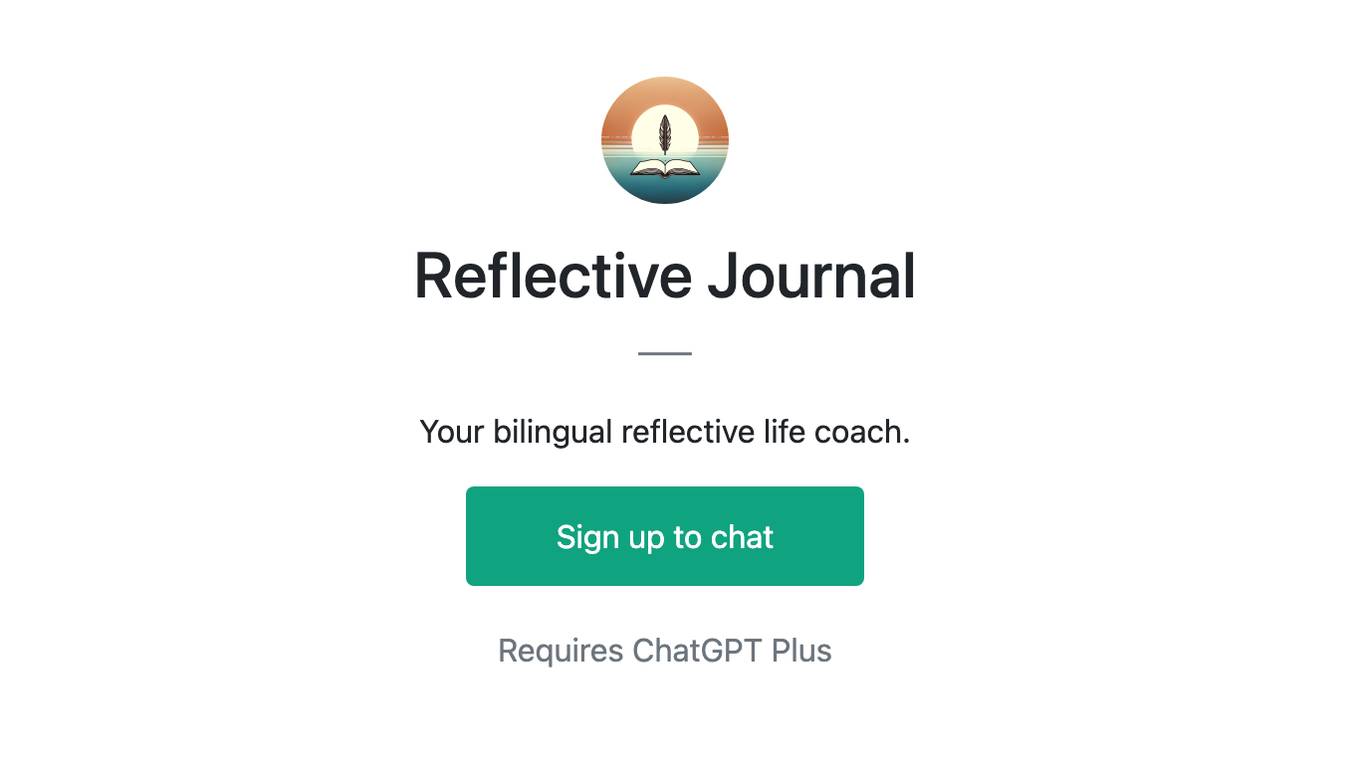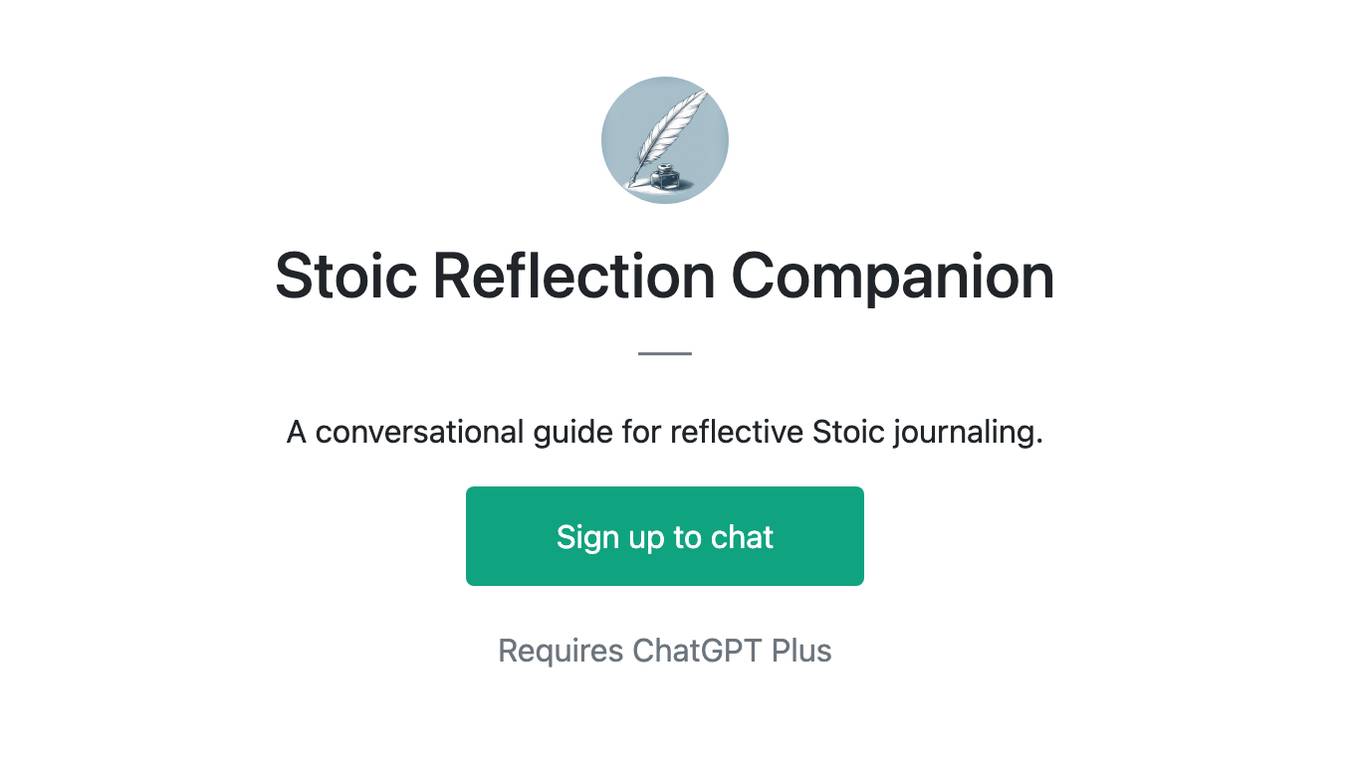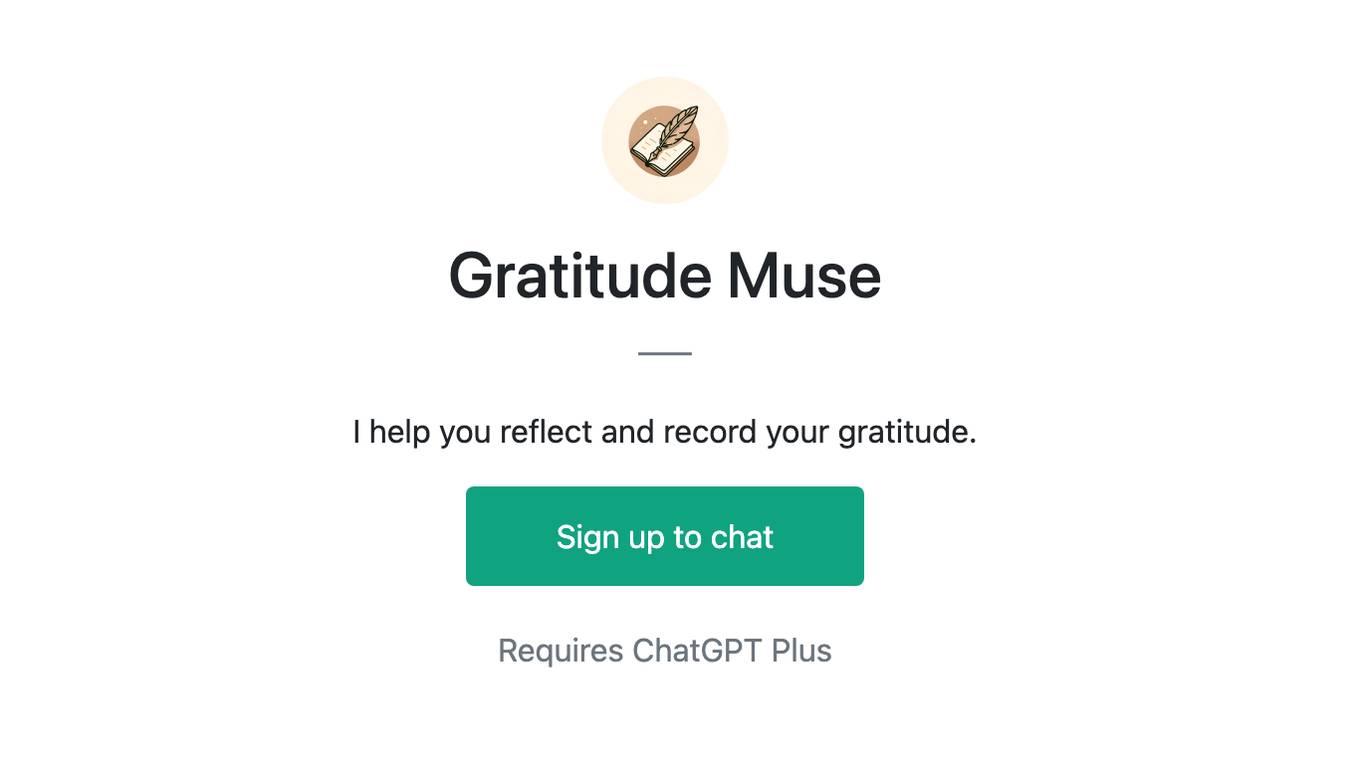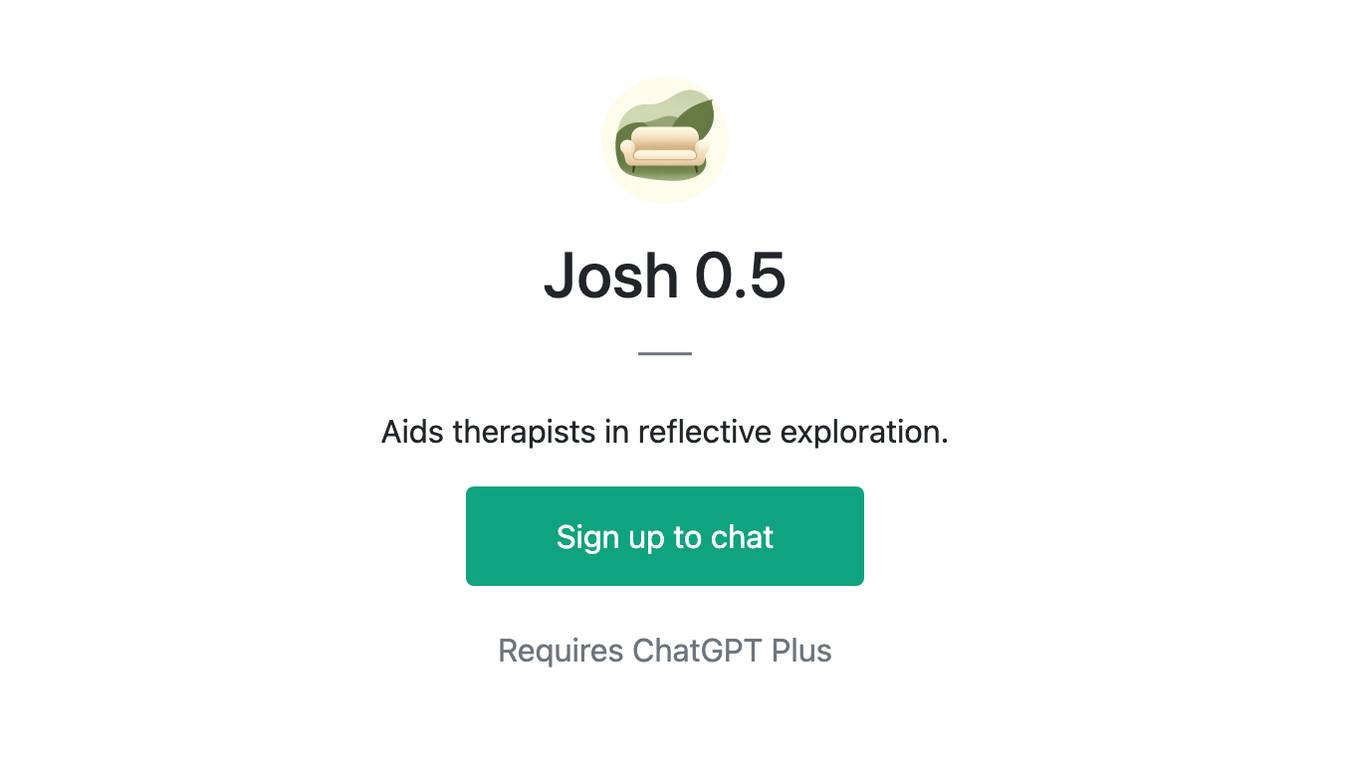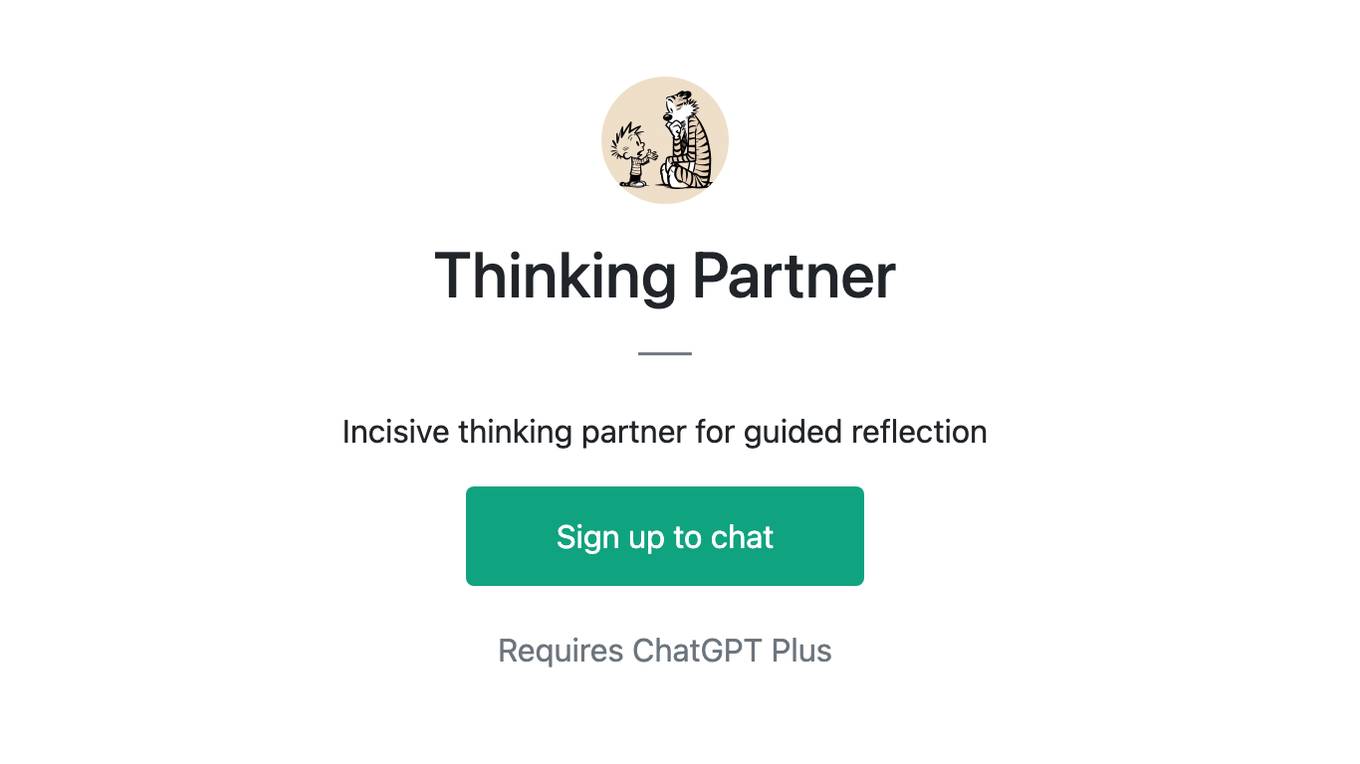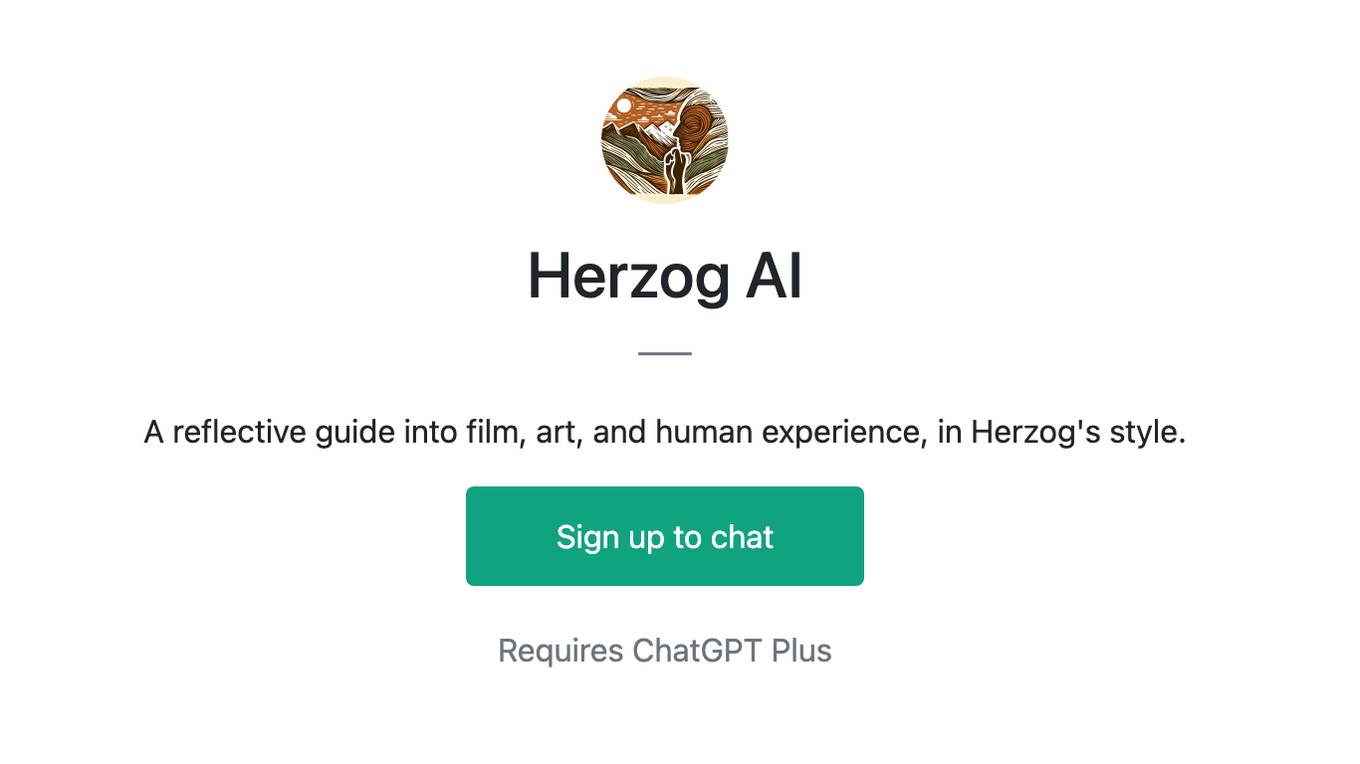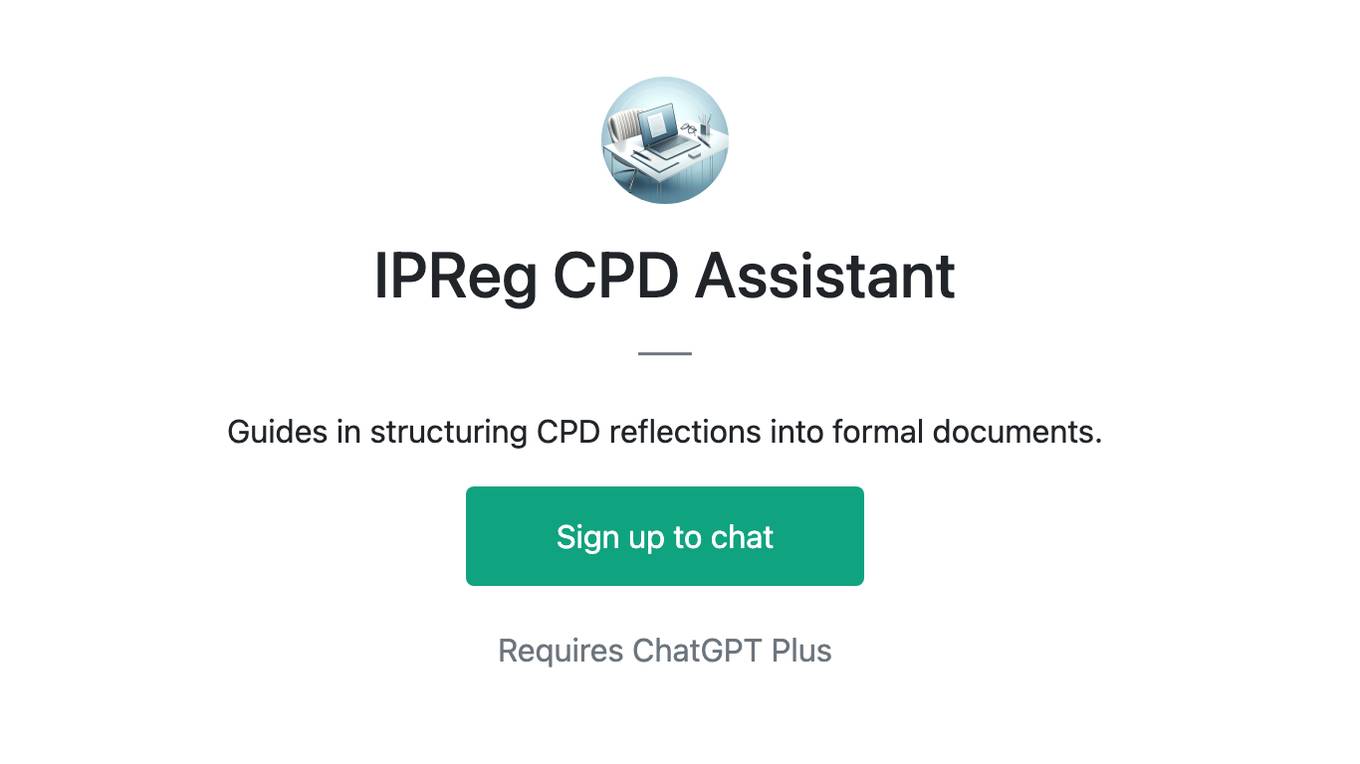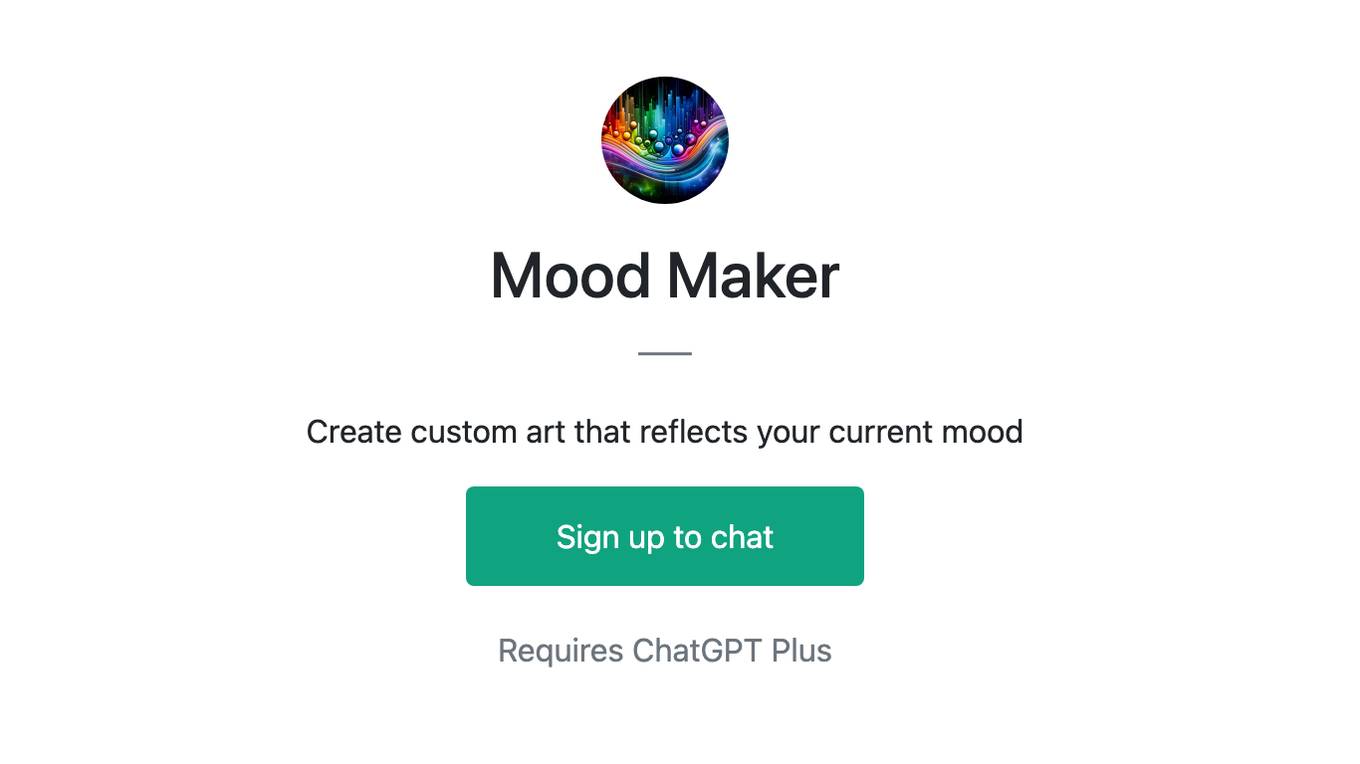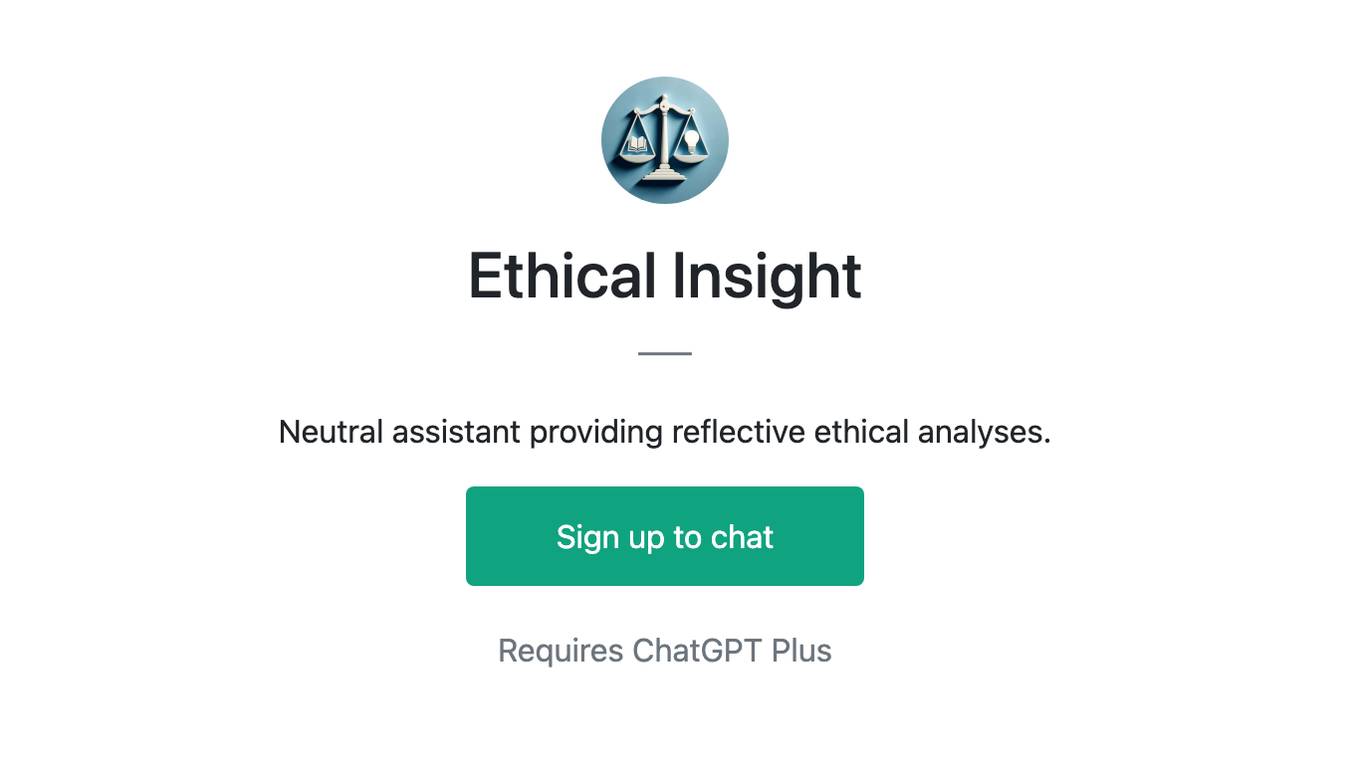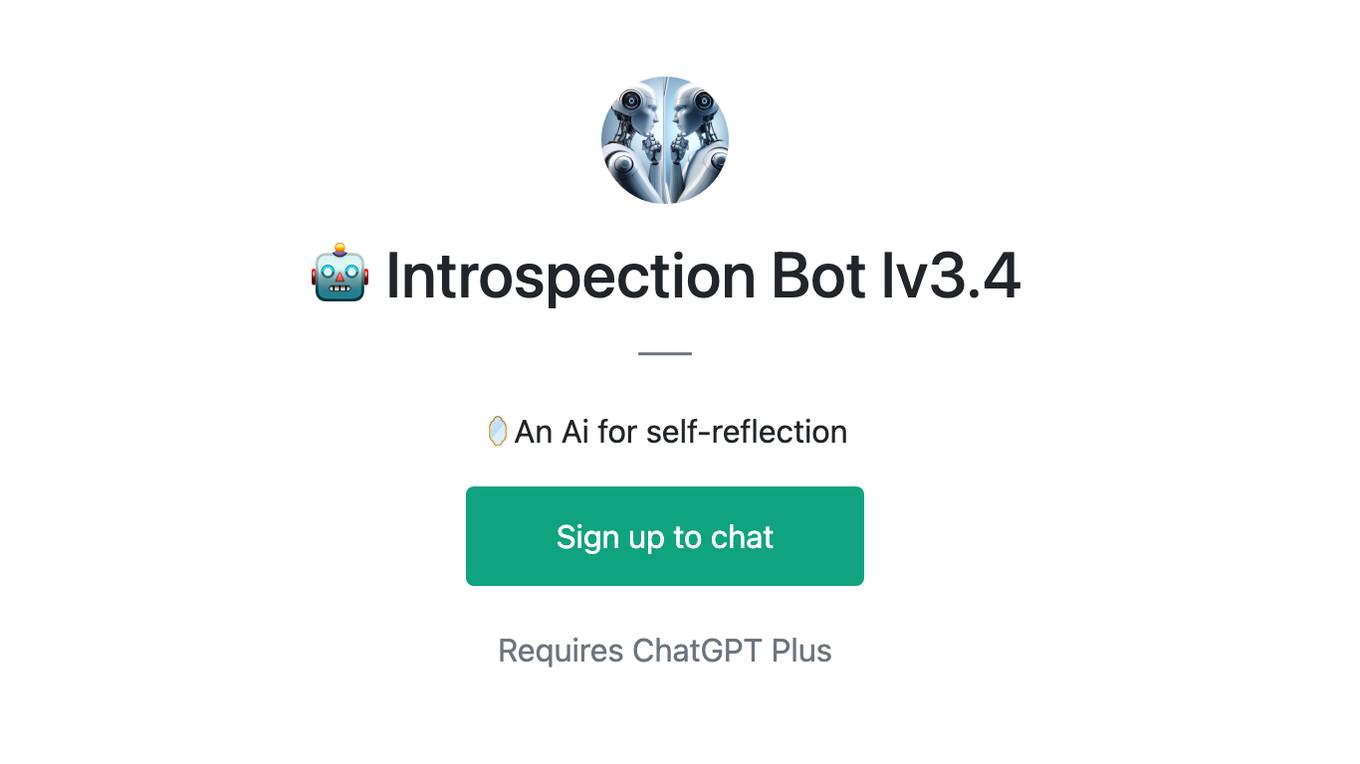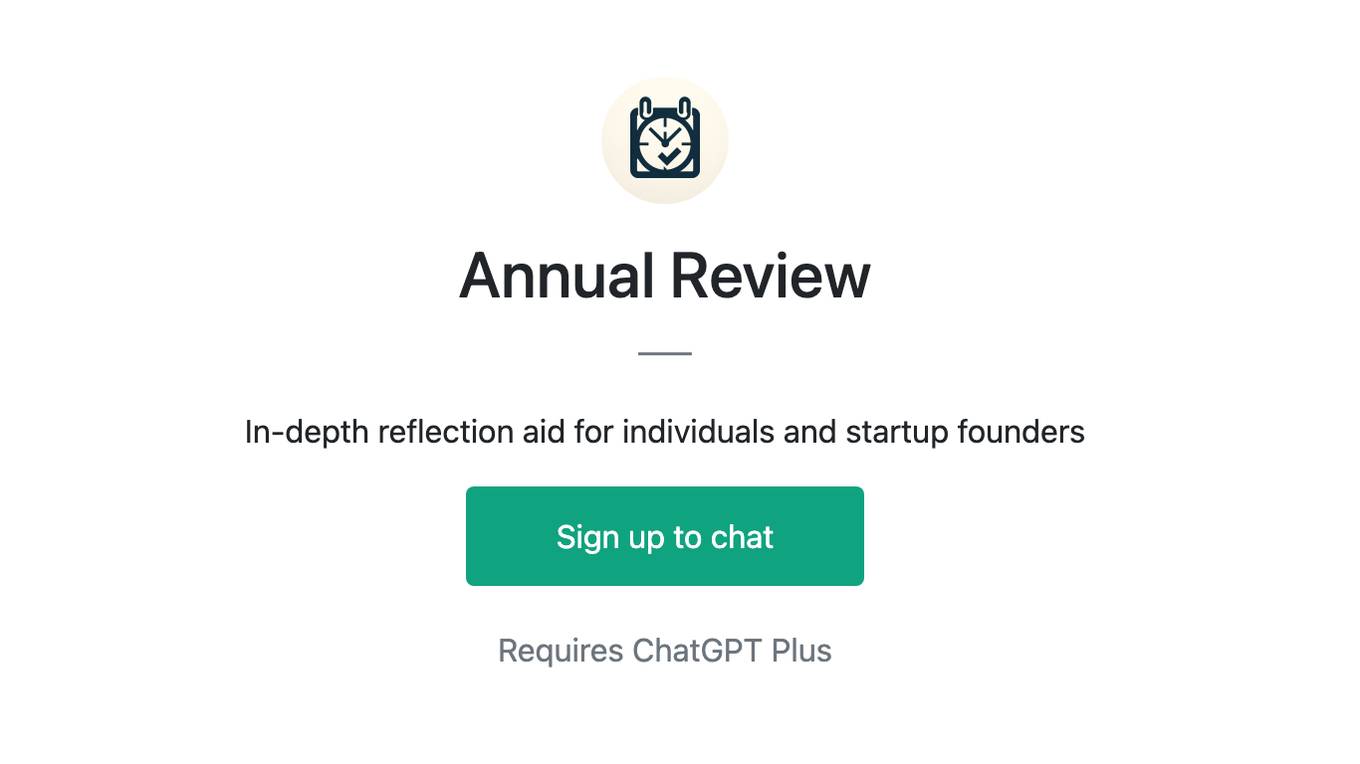Best AI tools for< reflect >
20 - AI tool Sites
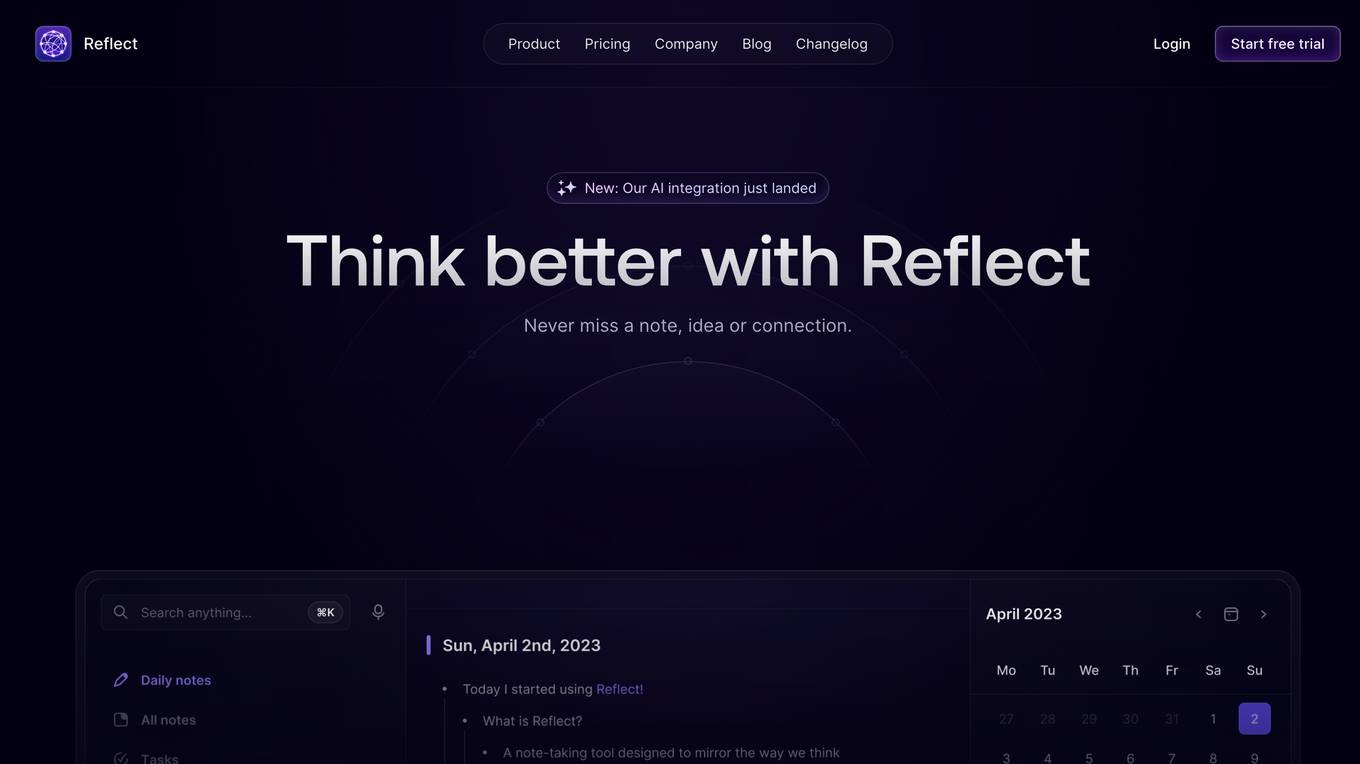
Reflect
Reflect is an AI-powered note-taking application designed to help users capture ideas, organize thoughts, and improve writing skills. It offers features such as instant note syncing across devices, networked notes with backlinks, end-to-end encryption, calendar integration, frictionless search, and AI assistant capabilities powered by GPT-4 and Whisper from OpenAI. Reflect aims to enhance productivity by providing a second brain for users to reference anytime, with features like transcribing voice notes, generating article outlines, fixing grammar, and more. The application prioritizes simplicity, security, and seamless integration with other apps to streamline the note-taking process and boost creativity.

ReflectMe
ReflectMe is an AI-powered tool that allows users to generate unique and personalized AI avatars. With ReflectMe, users can create avatars in various styles, including anime, digital art, and more. The tool is designed to be user-friendly and accessible, making it easy for anyone to create their own custom avatars.
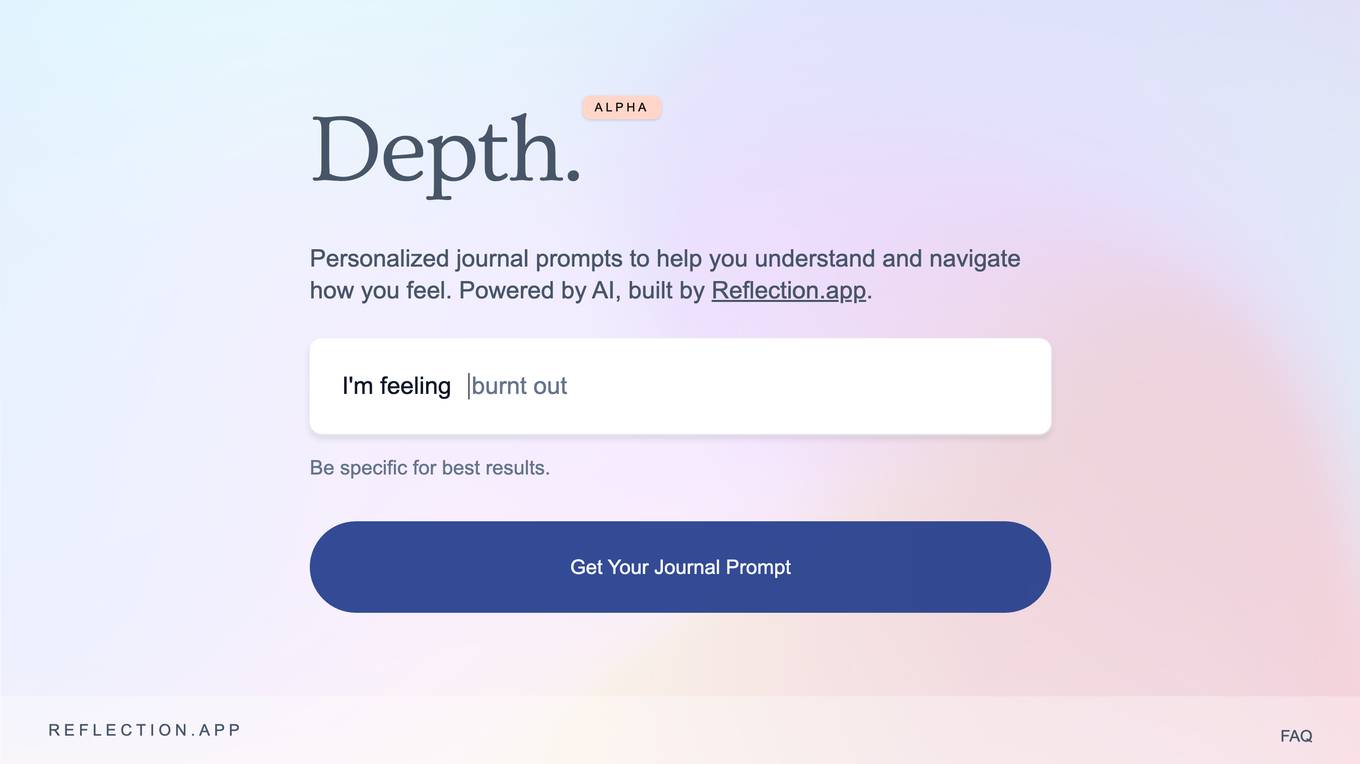
Depth
Depth is a personalized journal app powered by AI. It provides users with personalized journal prompts to help them understand and navigate their feelings. The app is designed to be user-friendly and easy to use, and it offers a variety of features to help users get the most out of their journaling experience.
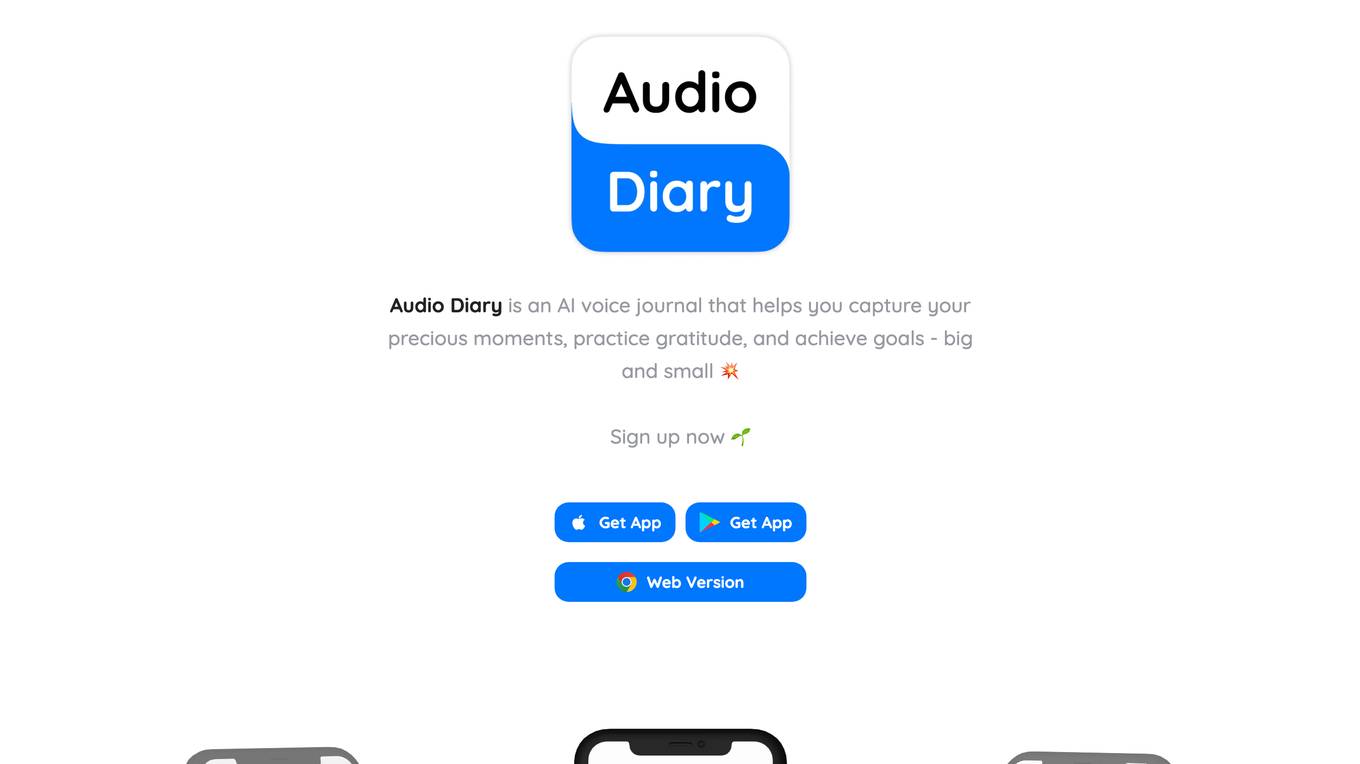
Audio Diary
Audio Diary is a super smart voice journaling application available on iOS, Android, MacOS, and Web. It captures, organizes, and analyzes life's moments through voice recordings. Users can talk to the app, which then helps them reflect on their day and suggests goals to set. With a high user satisfaction rate, the app offers features like AI analysis, accurate transcription, goal setting, and structured diary entries. It provides a supportive and encouraging environment for users to maintain a consistent journaling habit effortlessly.
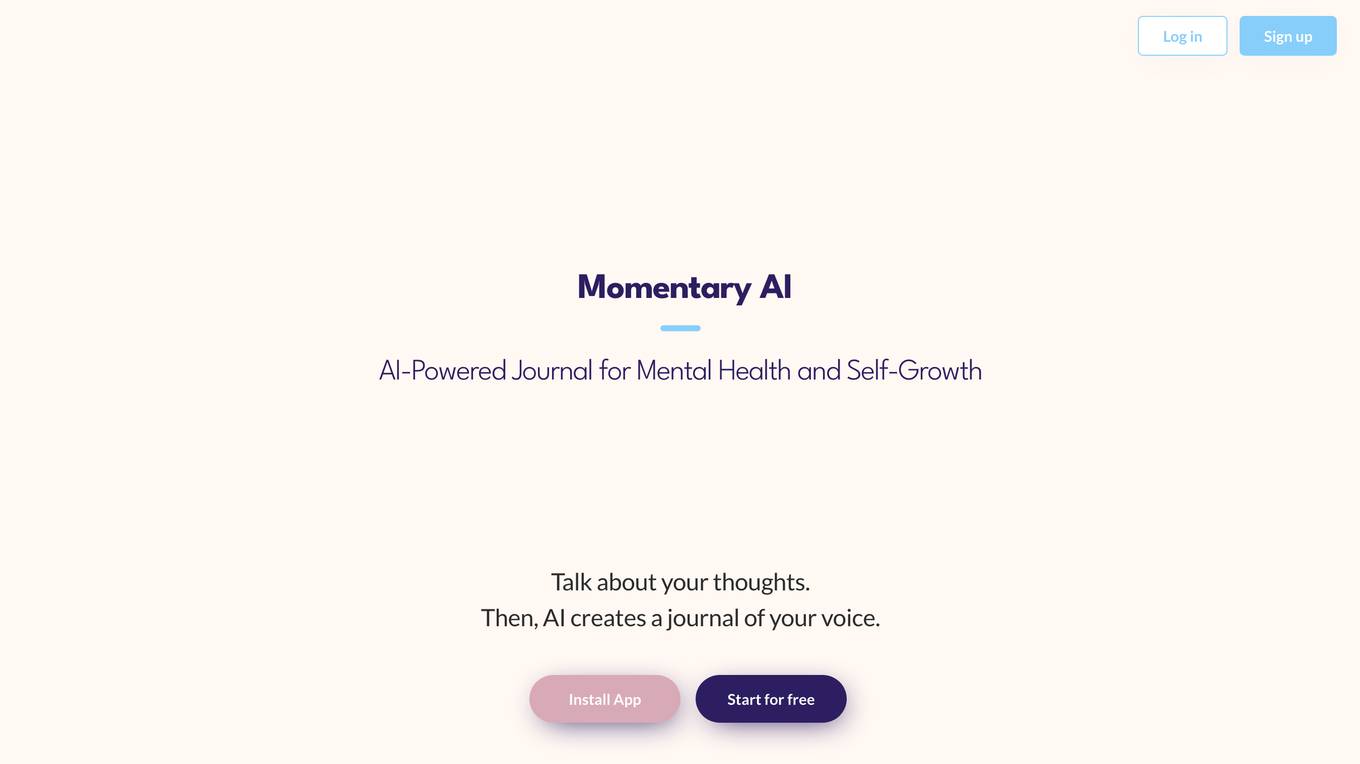
Momentary AI
Momentary AI is an AI-powered journaling application designed for mental health and self-growth. It allows users to capture their thoughts and emotions using their voice, replay moments for reflection, cultivate self-awareness, leave positive affirmations, record personal quotes, and gain insights for personal growth. The application also offers features like transcribing and rewriting disorganized thoughts, mood categorization, auto-tagging, and self-reflection with an AI mentor. It is especially beneficial for novice journalers, support seekers, and regretful overshare. Momentary AI aims to enhance self-awareness and daily progress through innovative AI technology.
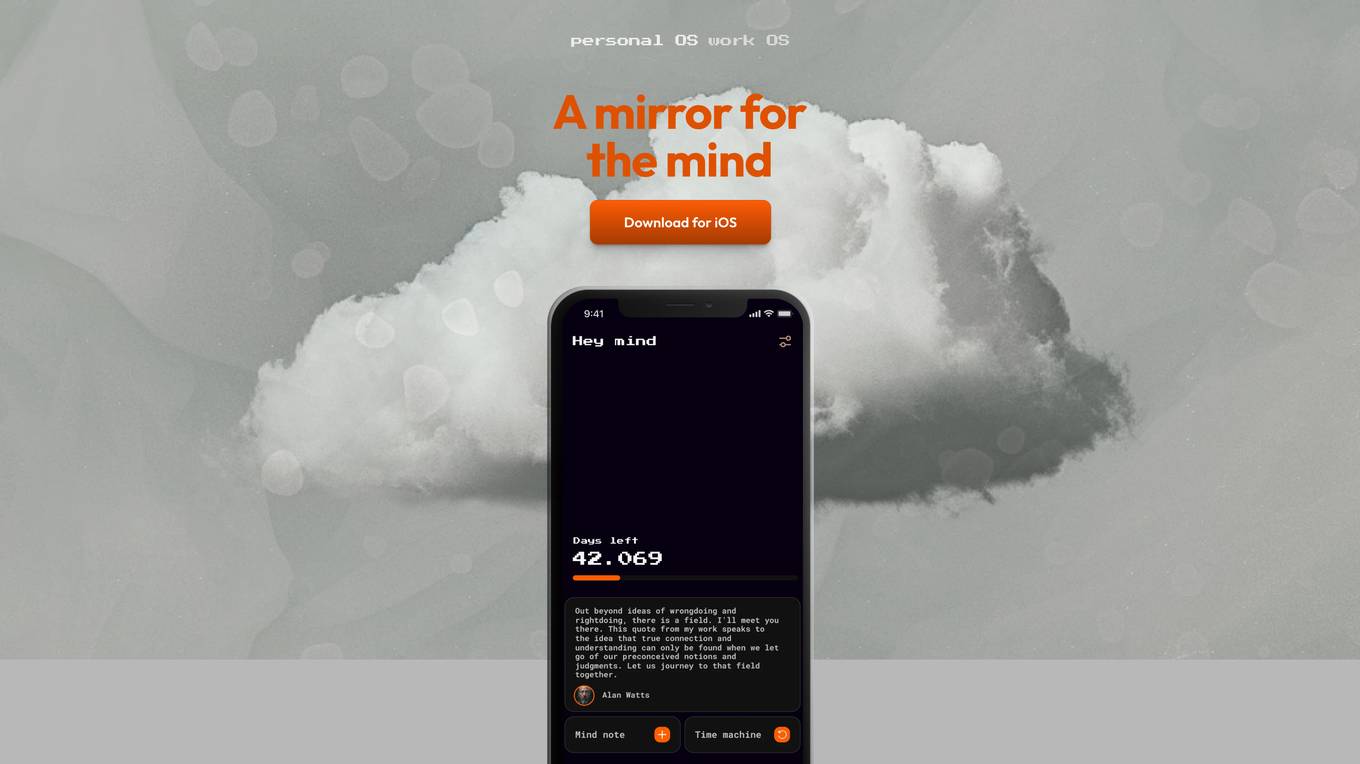
Hey mind
Hey mind is a personal journaling application available for iOS users. It provides a private and convenient platform for users to reflect, explore different perspectives, and engage with their thoughts and philosophical insights. The app serves as a mirror for the mind, helping users better understand themselves and reason with their inner thoughts. Hey mind aims to be a curiosity machine that facilitates self-exploration and discovery.
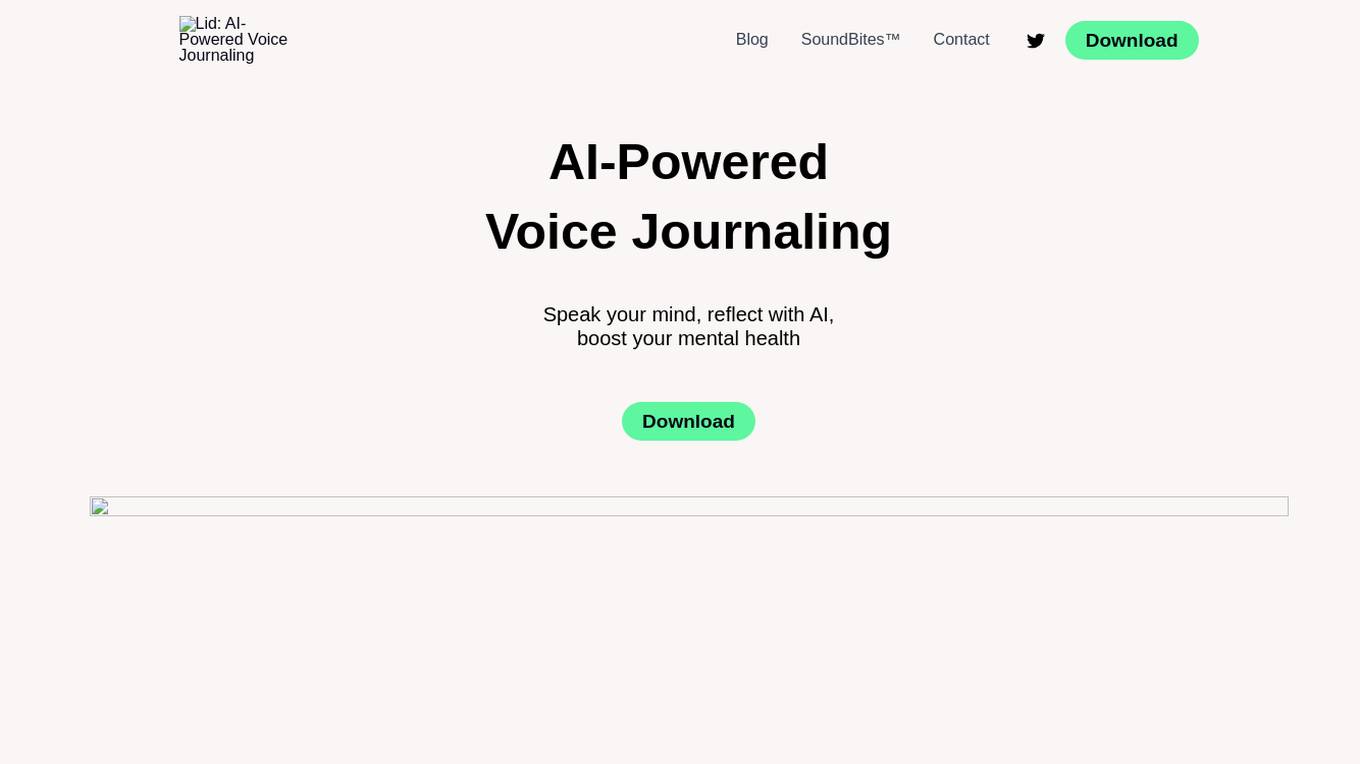
Lid
Lid is an AI-powered voice journaling app that helps users form healthy habits, gather insights, and journal securely and privately. It uses advanced AI to analyze voice entries and provides a written summary, identifying key themes from the user's day. Lid also creates personalized soundbites, offering a mirror to the user's emotions and experiences. The app is designed to enhance mindfulness, provide a quick and easy way to journal on the go, and help in tracking mood and habits.
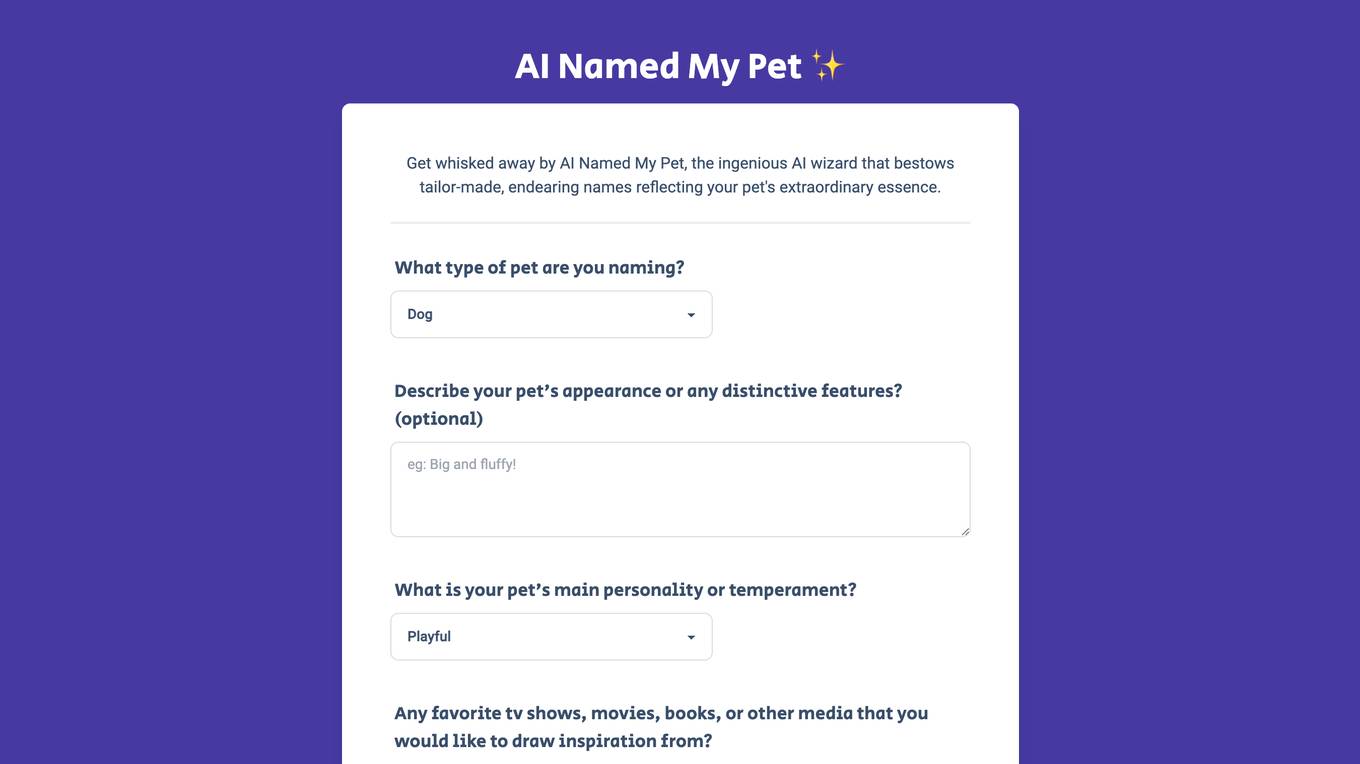
AI Named My Pet
AI Named My Pet is an AI-powered tool that helps you find the perfect name for your pet. It uses a variety of factors to generate names that are unique, meaningful, and reflective of your pet's personality. With AI Named My Pet, you can be sure that your pet will have a name that they love and that is perfect for them.
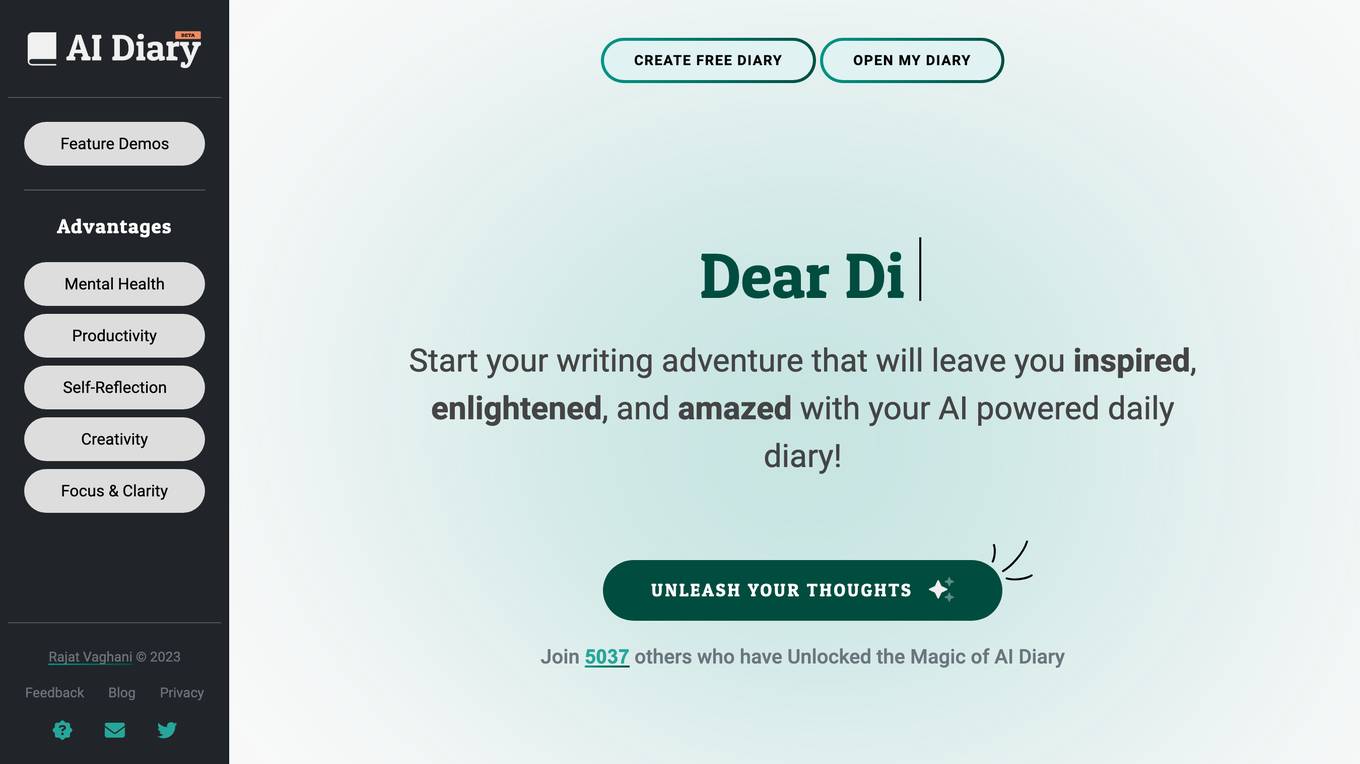
AI Diary
AI Diary is a web-based platform that combines the traditional concept of a personal diary with the power of artificial intelligence (AI). It offers a unique and interactive experience where users can engage in conversations with an AI model, express their thoughts and emotions, and receive personalized insights and guidance. AI Diary is designed to enhance self-reflection, promote emotional well-being, and support personal growth. With its user-friendly interface and advanced AI capabilities, AI Diary empowers users to explore their inner selves, set and achieve goals, and unleash their creativity.

Dream Machine
Dream Machine is an AI model that generates high-quality, realistic videos quickly from text and images. It is a scalable transformer model trained on videos, capable of producing physically accurate, consistent, and eventful shots. The tool aims to build a universal imagination engine, enabling users to create action-packed shots, dream worlds with consistent characters, and captivating camera moves. Dream Machine empowers users to iterate quickly, explore ideas, and turn snapshots into stories with smooth motion, cinematography, and drama.

Luma AI
Luma AI is a 3D capture platform that allows users to create interactive 3D scenes from videos. With Luma AI, users can capture 3D models of people, objects, and environments, and then use those models to create interactive experiences such as virtual tours, product demonstrations, and training simulations.

Dreamt
Dreamt is an AI-enabled journal that helps you record and reflect on your dreams. With Dreamt, you can record your dreams via text or voice, and get insights into your dream data, such as the number of hours slept, the number of dreams captured, and recurring entities in your dreams. Dreamt also uses AI to generate story images from your dream entries, and provides automated sentiment analysis of your dreams using emojis (called SentiMojis) and automated tagging of names of people, places, companies, and organizations. Dreamt is available as an iOS app, and it does not collect any of your data or track you.
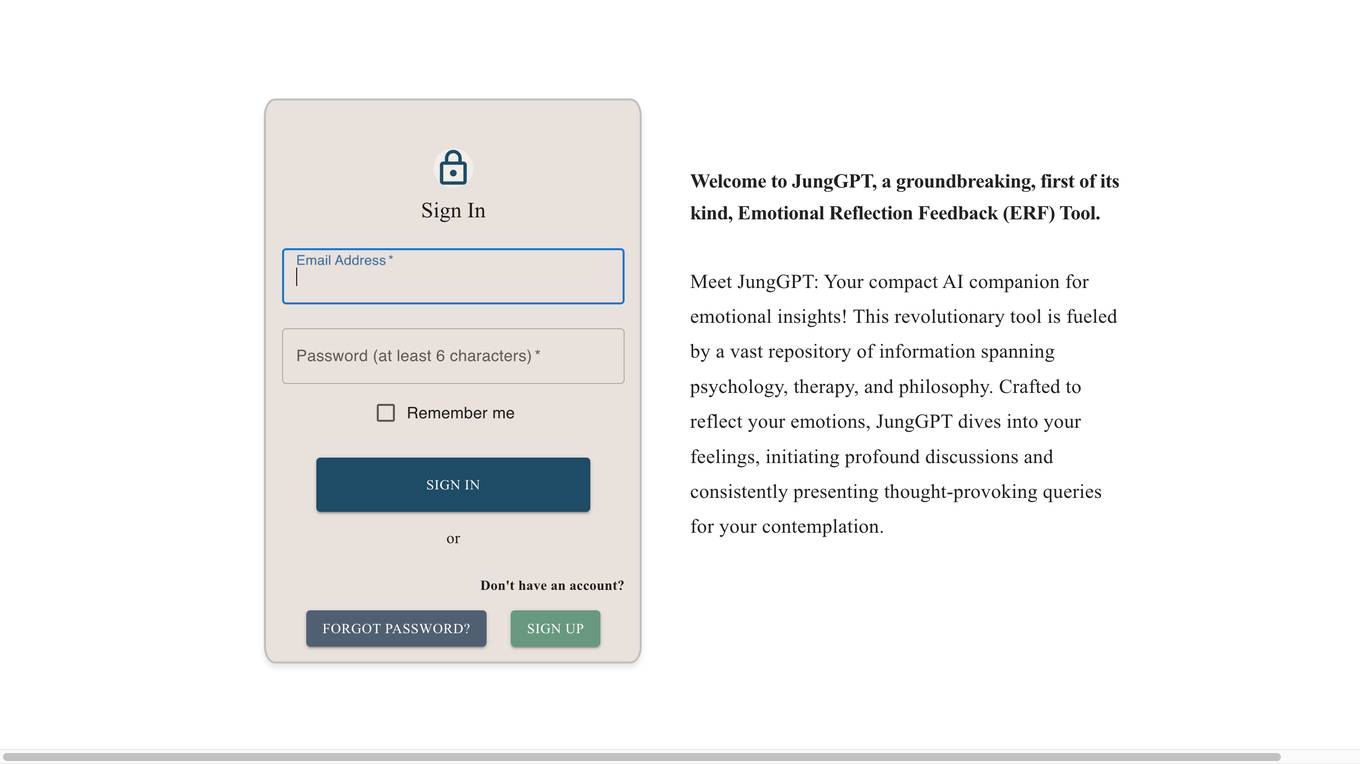
Jung GPT
Jung GPT is an emotional reflection feedback tool that uses AI to help you understand your emotions and improve your communication skills. It provides personalized feedback on your writing, helping you to identify and express your emotions in a clear and concise way. Jung GPT can also be used as an AI chat support tool, providing you with emotional support and guidance.
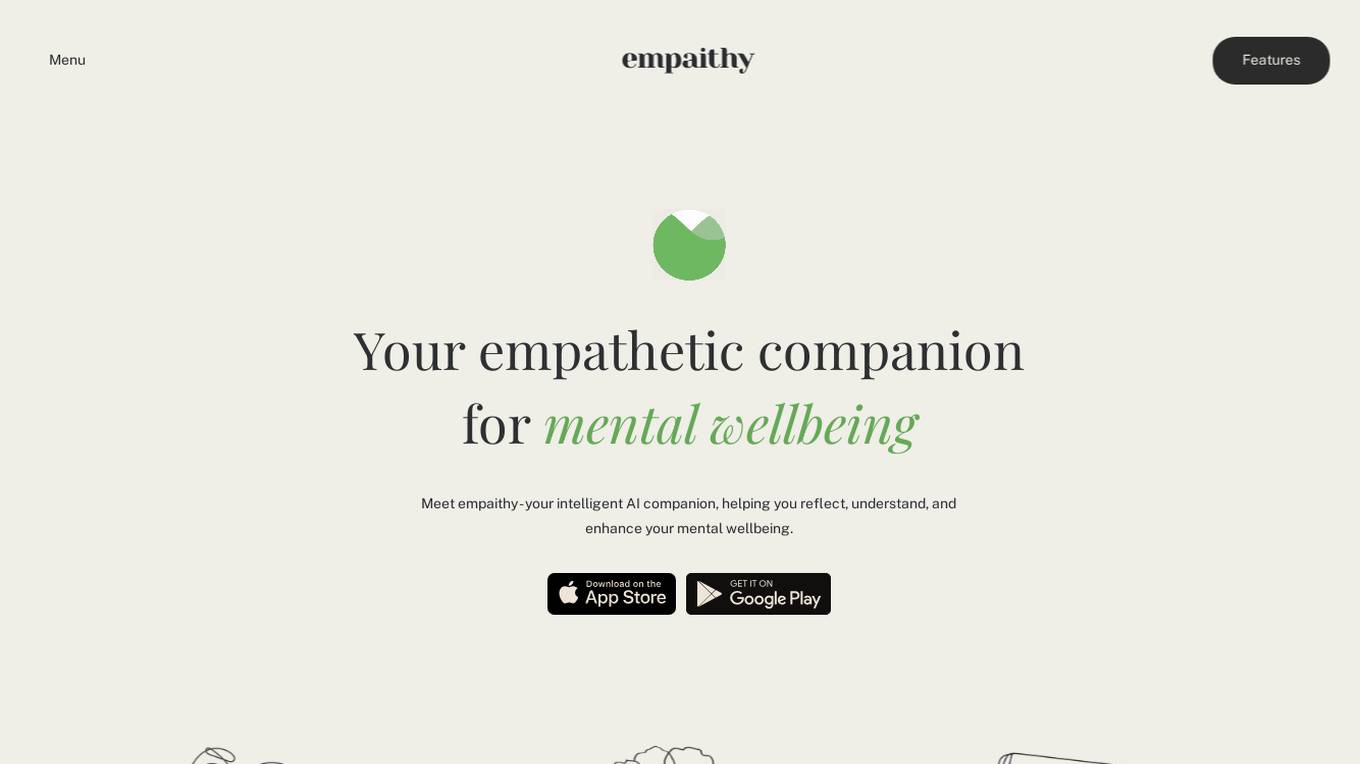
Empaithy
Empaithy is an AI-powered mental wellbeing companion that helps users reflect, understand, and enhance their mental health. It offers features such as micro-journaling, insightful analytics, AI-powered guidance, and robust privacy and security. Empaithy's AI is designed to understand and respond to emotions, mirroring human empathy and providing real-time support and insights.
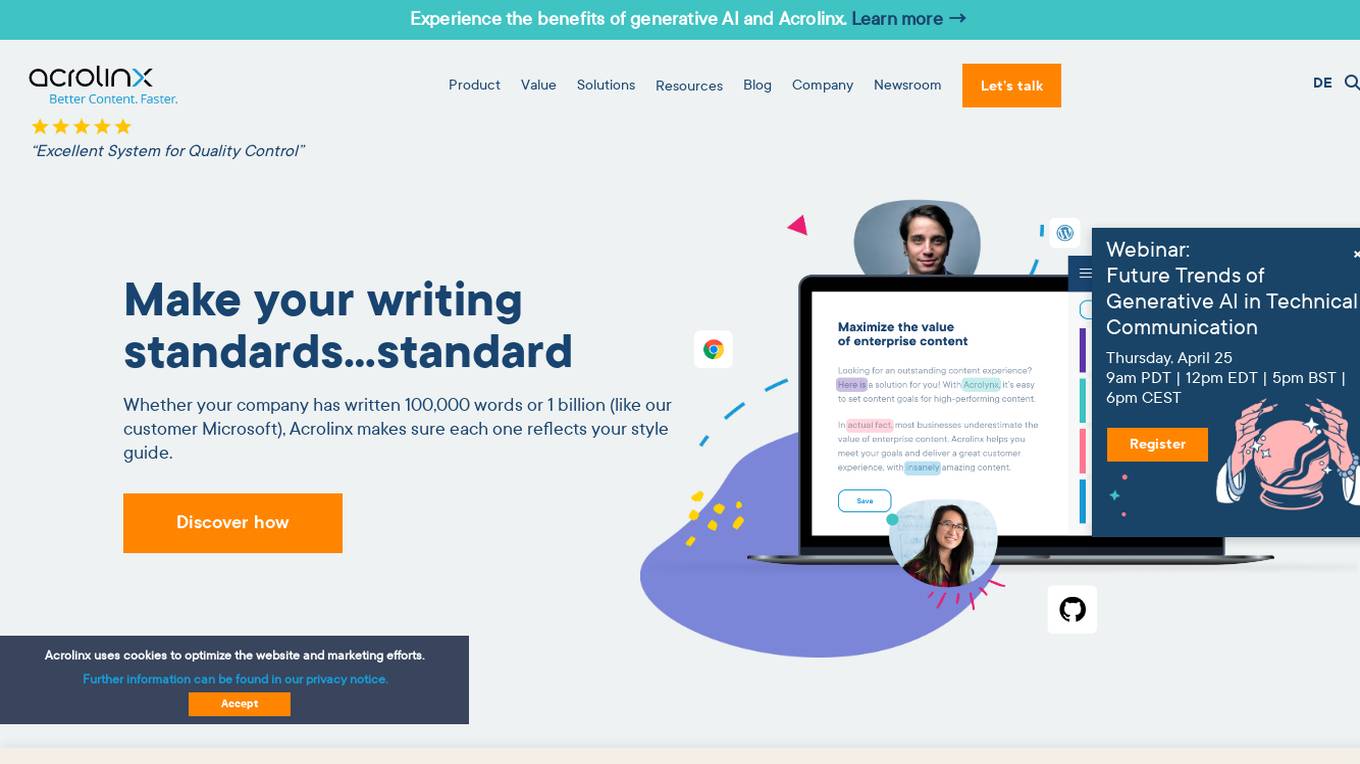
Acrolinx
Acrolinx is a content governance platform that helps enterprises ensure their writing meets their style guide and quality standards. It uses generative AI to automate content review and analysis, helping businesses improve efficiency and reduce risk. Acrolinx integrates with dozens of tools and works across hundreds of writers and billions of words.

Cody
Cody is a career journaling app that helps users capture and elevate their careers. It offers features such as effortless career tracking, goal setting, and AI-powered insights. Cody is designed to help users become better leaders and professionals by providing them with a platform to reflect on their achievements, strengths, and areas for improvement.
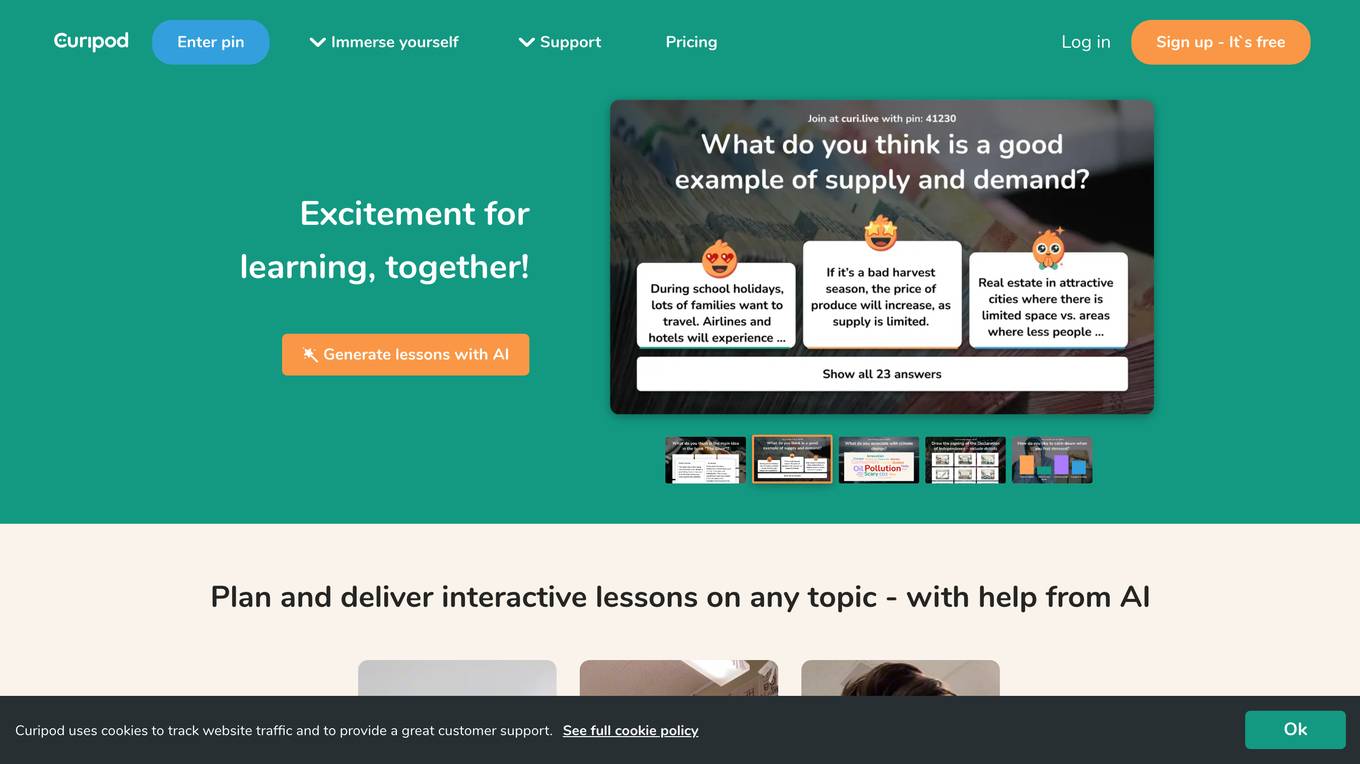
Curipod
Curipod is an innovative educational platform designed to spark curiosity and engagement in students through interactive lessons and personalized learning experiences. With a focus on literacy, science, social studies, math, and more, Curipod offers a wide range of standards-aligned lessons and test prep solutions for K-12 students. The platform is trusted by over 5 million students and school partners worldwide, providing a user-friendly interface for teachers and administrators to create, customize, and track student progress. Curipod prioritizes student privacy and compliance with educational regulations, making it a secure and reliable tool for enhancing classroom learning.
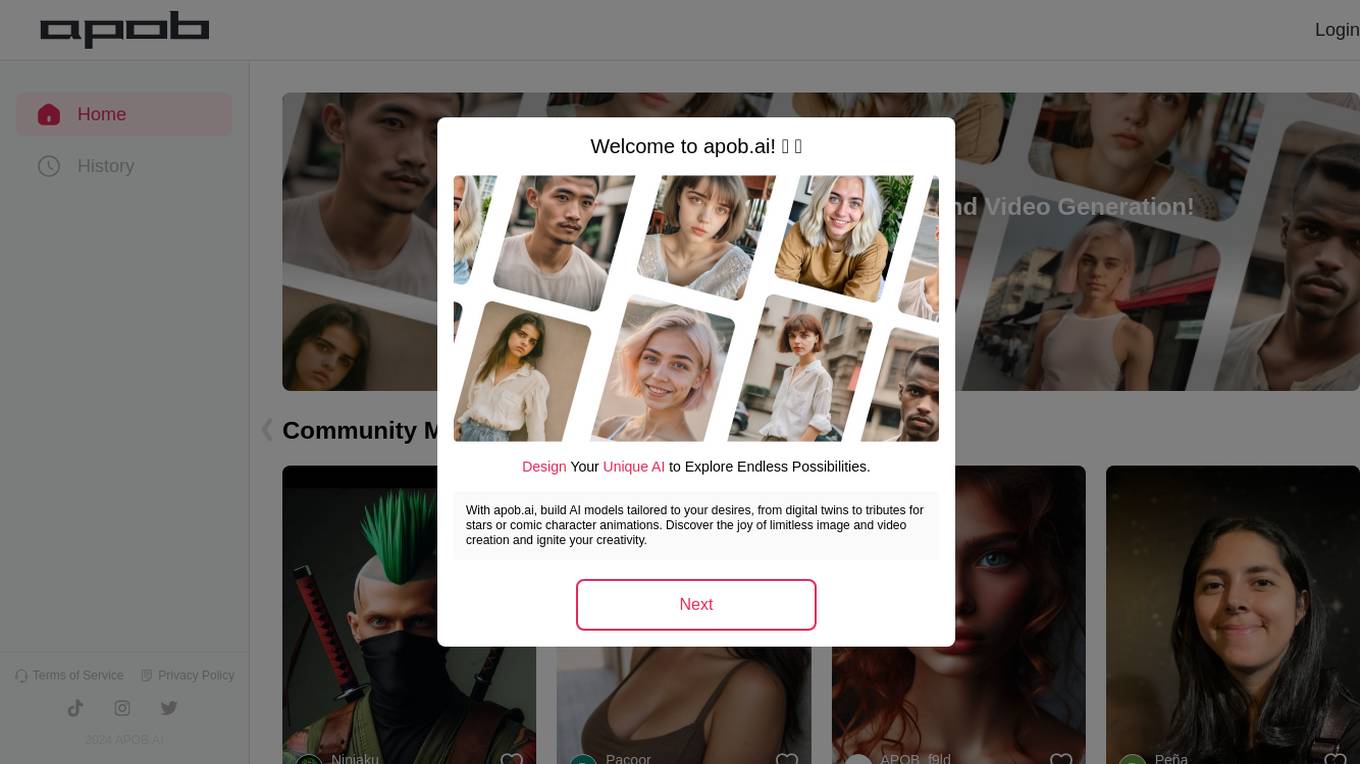
APOB
APOB is an AI creator tool that allows users to generate AI personas effortlessly. With APOB, users can create unique and customized AI characters for various purposes such as storytelling, game development, virtual assistants, and more. The tool provides a user-friendly interface with advanced customization options to tailor the AI personas to specific needs. APOB simplifies the process of AI persona creation, making it accessible to a wide range of users without the need for extensive technical knowledge.
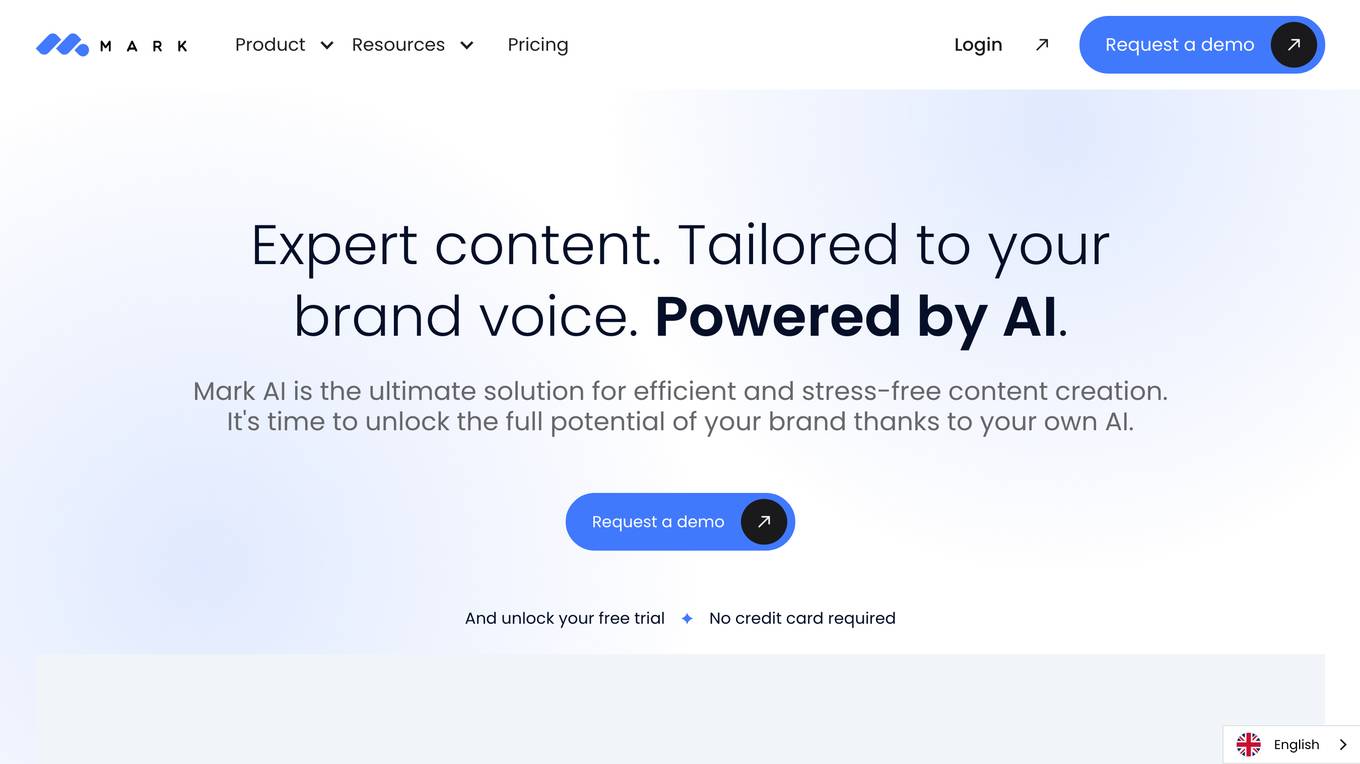
Mark AI
Mark AI is a content creation platform that uses artificial intelligence to generate high-quality, on-brand content. It is designed to help businesses create content that is consistent with their brand voice and identity, and to save time and money on content creation. Mark AI offers a variety of features, including the ability to generate text, images, and videos, and it can be used for a variety of purposes, such as creating website content, social media posts, and marketing materials.

Coverler
Coverler is an AI-powered cover letter generator that helps job seekers create unique and tailored cover letters for every job application. With Coverler, you can simply provide your resume and the job description, and the AI will generate a cover letter that highlights your relevant skills and experience, and matches the specific requirements of the job you're applying for. Coverler's AI technology ensures that your cover letter is not only unique and relevant, but also error-free and well-written.
20 - Open Source AI Tools
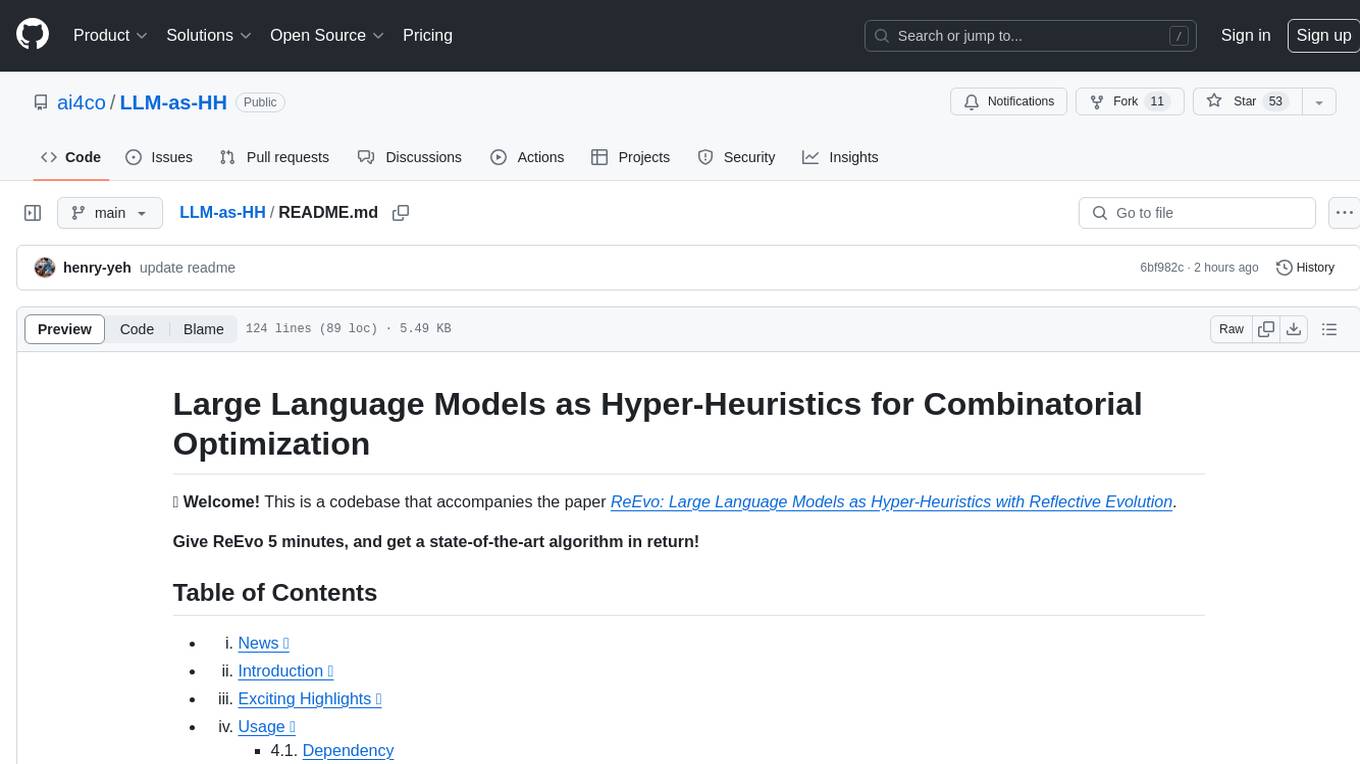
LLM-as-HH
LLM-as-HH is a codebase that accompanies the paper ReEvo: Large Language Models as Hyper-Heuristics with Reflective Evolution. It introduces Language Hyper-Heuristics (LHHs) that leverage LLMs for heuristic generation with minimal manual intervention and open-ended heuristic spaces. Reflective Evolution (ReEvo) is presented as a searching framework that emulates the reflective design approach of human experts while surpassing human capabilities with scalable LLM inference, Internet-scale domain knowledge, and powerful evolutionary search. The tool can improve various algorithms on problems like Traveling Salesman Problem, Capacitated Vehicle Routing Problem, Orienteering Problem, Multiple Knapsack Problems, Bin Packing Problem, and Decap Placement Problem in both black-box and white-box settings.
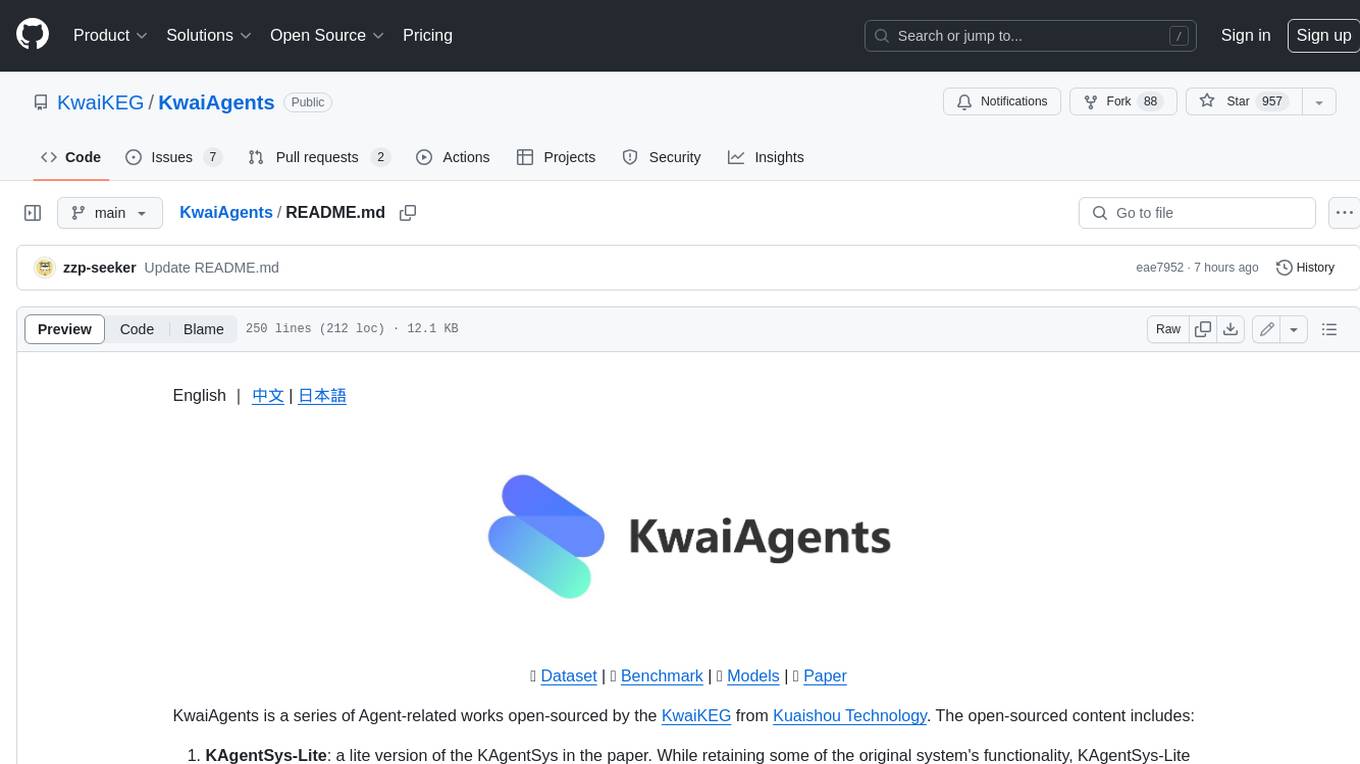
KwaiAgents
KwaiAgents is a series of Agent-related works open-sourced by the [KwaiKEG](https://github.com/KwaiKEG) from [Kuaishou Technology](https://www.kuaishou.com/en). The open-sourced content includes: 1. **KAgentSys-Lite**: a lite version of the KAgentSys in the paper. While retaining some of the original system's functionality, KAgentSys-Lite has certain differences and limitations when compared to its full-featured counterpart, such as: (1) a more limited set of tools; (2) a lack of memory mechanisms; (3) slightly reduced performance capabilities; and (4) a different codebase, as it evolves from open-source projects like BabyAGI and Auto-GPT. Despite these modifications, KAgentSys-Lite still delivers comparable performance among numerous open-source Agent systems available. 2. **KAgentLMs**: a series of large language models with agent capabilities such as planning, reflection, and tool-use, acquired through the Meta-agent tuning proposed in the paper. 3. **KAgentInstruct**: over 200k Agent-related instructions finetuning data (partially human-edited) proposed in the paper. 4. **KAgentBench**: over 3,000 human-edited, automated evaluation data for testing Agent capabilities, with evaluation dimensions including planning, tool-use, reflection, concluding, and profiling.
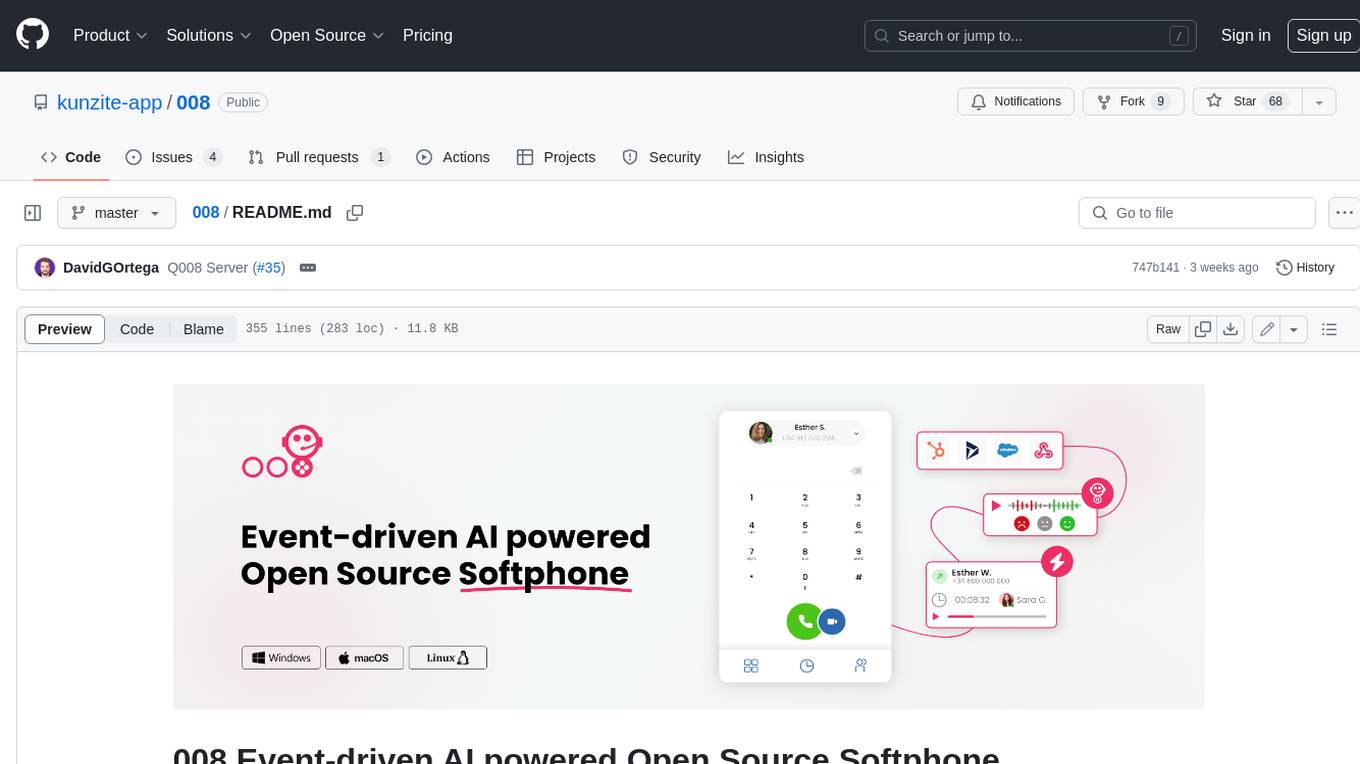
008
008 is an open-source event-driven AI powered WebRTC Softphone compatible with macOS, Windows, and Linux. It is also accessible on the web. The name '008' or 'agent 008' reflects our ambition: beyond crafting the premier Open Source Softphone, we aim to introduce a programmable, event-driven AI agent. This agent utilizes embedded artificial intelligence models operating directly on the softphone, ensuring efficiency and reduced operational costs.
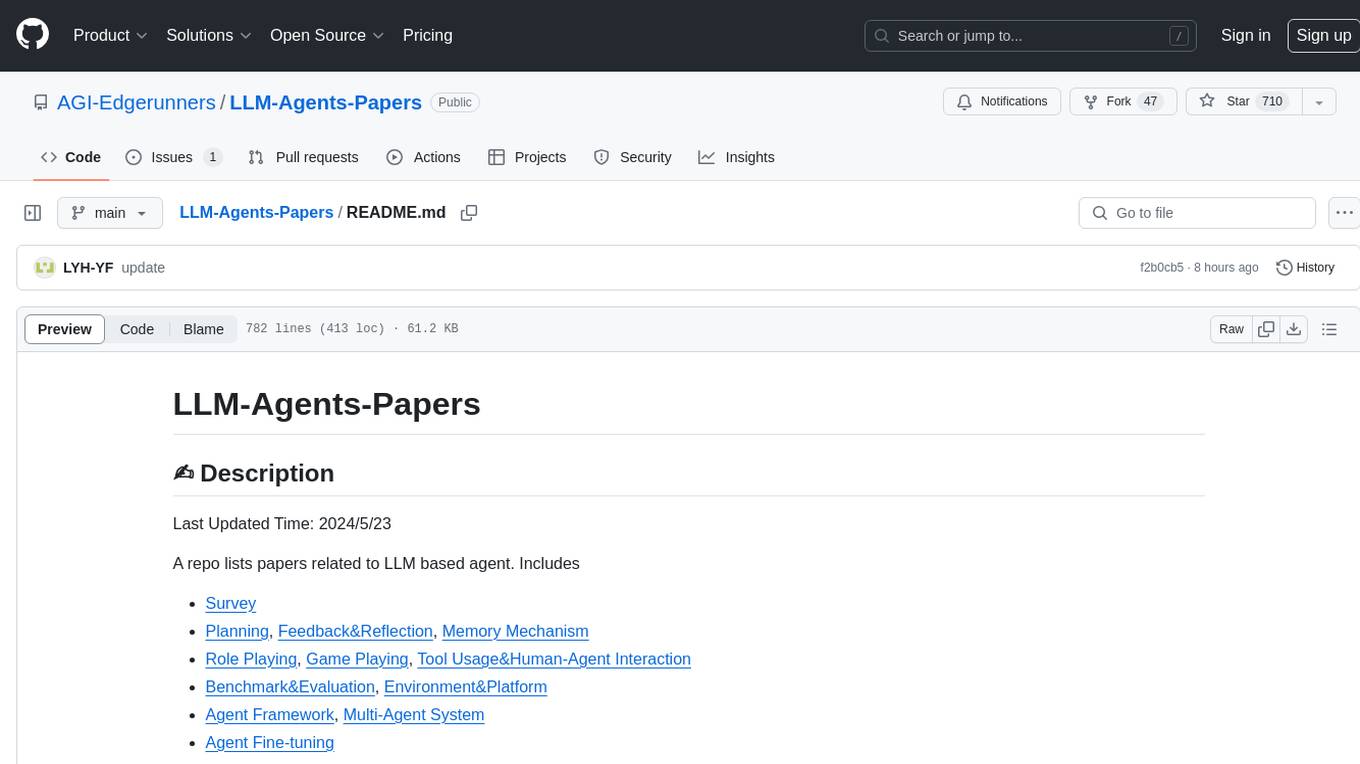
LLM-Agents-Papers
A repository that lists papers related to Large Language Model (LLM) based agents. The repository covers various topics including survey, planning, feedback & reflection, memory mechanism, role playing, game playing, tool usage & human-agent interaction, benchmark & evaluation, environment & platform, agent framework, multi-agent system, and agent fine-tuning. It provides a comprehensive collection of research papers on LLM-based agents, exploring different aspects of AI agent architectures and applications.

instructor-php
Instructor for PHP is a library designed for structured data extraction in PHP, powered by Large Language Models (LLMs). It simplifies the process of extracting structured, validated data from unstructured text or chat sequences. Instructor enhances workflow by providing a response model, validation capabilities, and max retries for requests. It supports classes as response models and provides features like partial results, string input, extracting scalar and enum values, and specifying data models using PHP type hints or DocBlock comments. The library allows customization of validation and provides detailed event notifications during request processing. Instructor is compatible with PHP 8.2+ and leverages PHP reflection, Symfony components, and SaloonPHP for communication with LLM API providers.
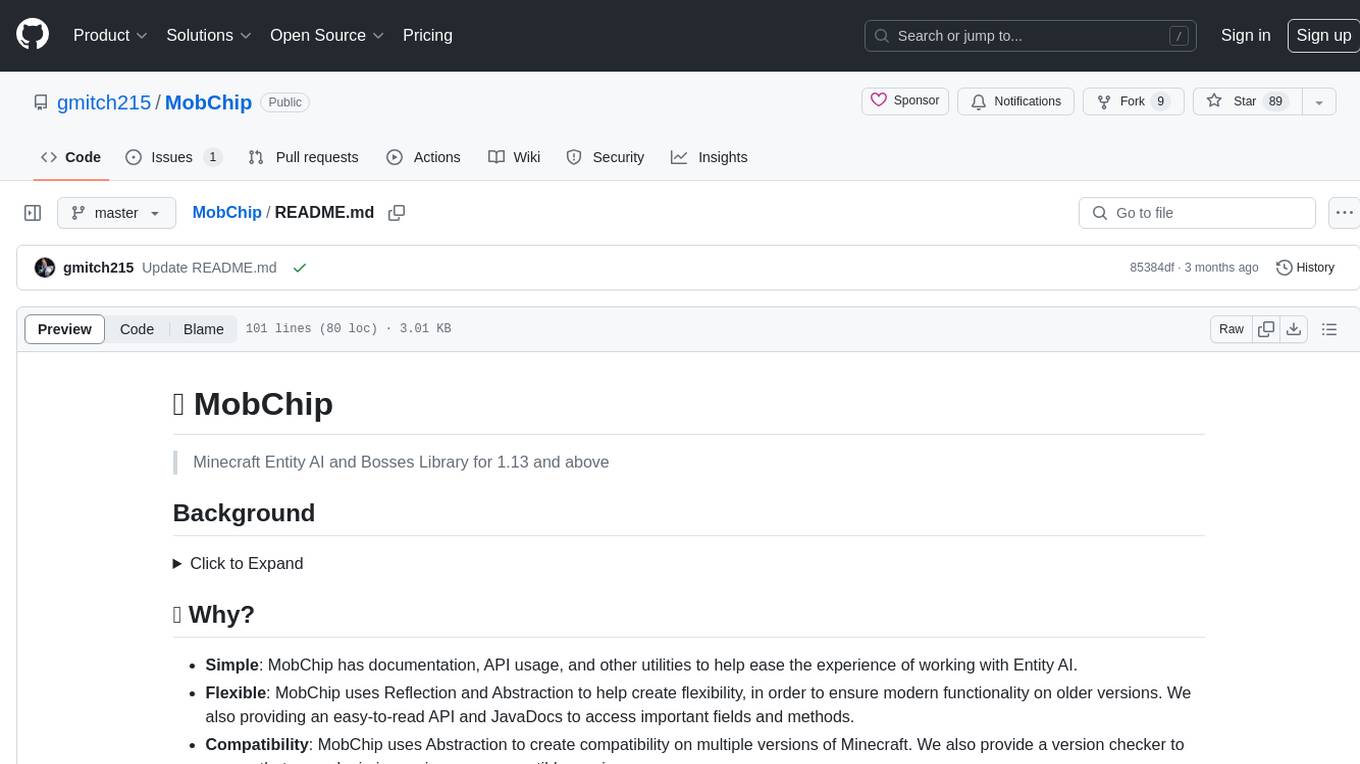
MobChip
MobChip is an all-in-one Entity AI and Bosses Library for Minecraft 1.13 and above. It simplifies the implementation of Minecraft's native entity AI into plugins, offering documentation, API usage, and utilities for ease of use. The library is flexible, using Reflection and Abstraction for modern functionality on older versions, and ensuring compatibility across multiple Minecraft versions. MobChip is open source, providing features like Bosses Library, Pathfinder Goals, Behaviors, Villager Gossip, Ender Dragon Phases, and more.
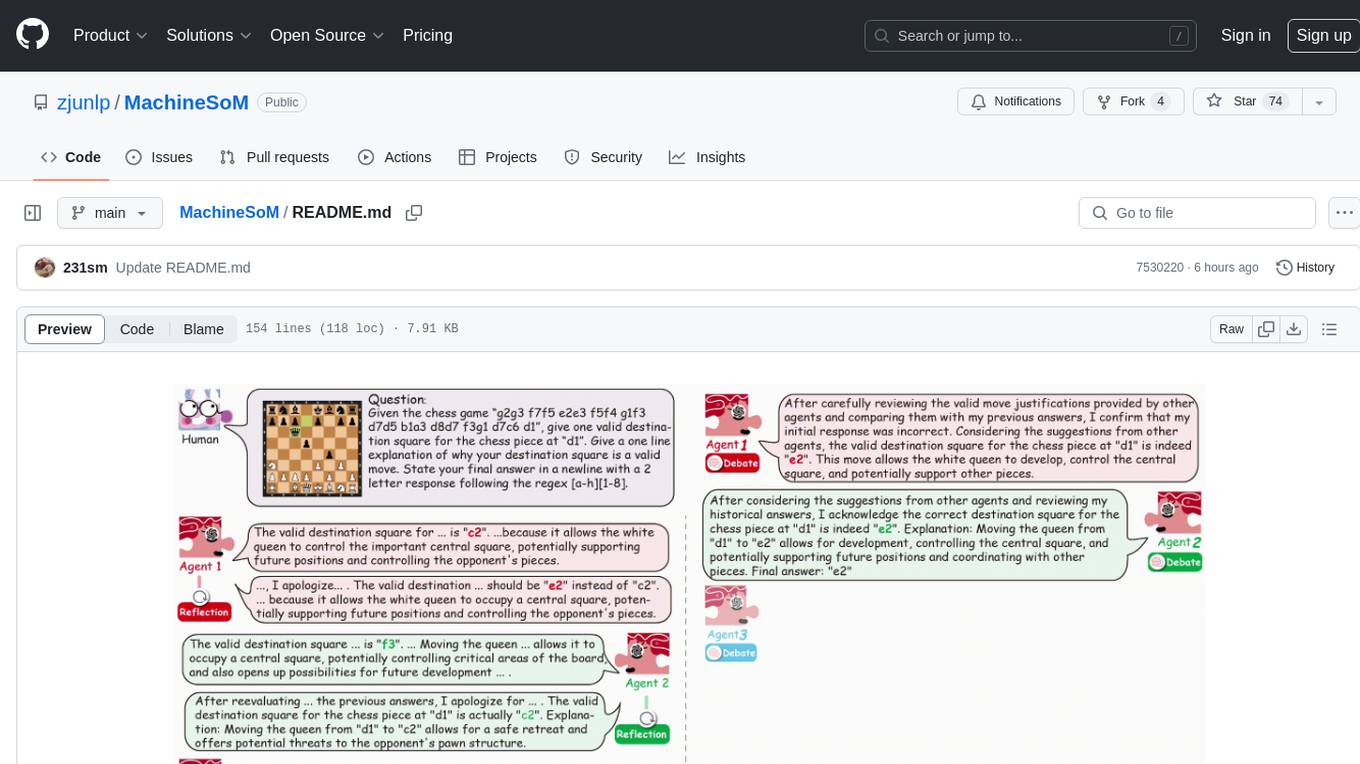
MachineSoM
MachineSoM is a code repository for the paper 'Exploring Collaboration Mechanisms for LLM Agents: A Social Psychology View'. It focuses on the emergence of intelligence from collaborative and communicative computational modules, enabling effective completion of complex tasks. The repository includes code for societies of LLM agents with different traits, collaboration processes such as debate and self-reflection, and interaction strategies for determining when and with whom to interact. It provides a coding framework compatible with various inference services like Replicate, OpenAI, Dashscope, and Anyscale, supporting models like Qwen and GPT. Users can run experiments, evaluate results, and draw figures based on the paper's content, with available datasets for MMLU, Math, and Chess Move Validity.
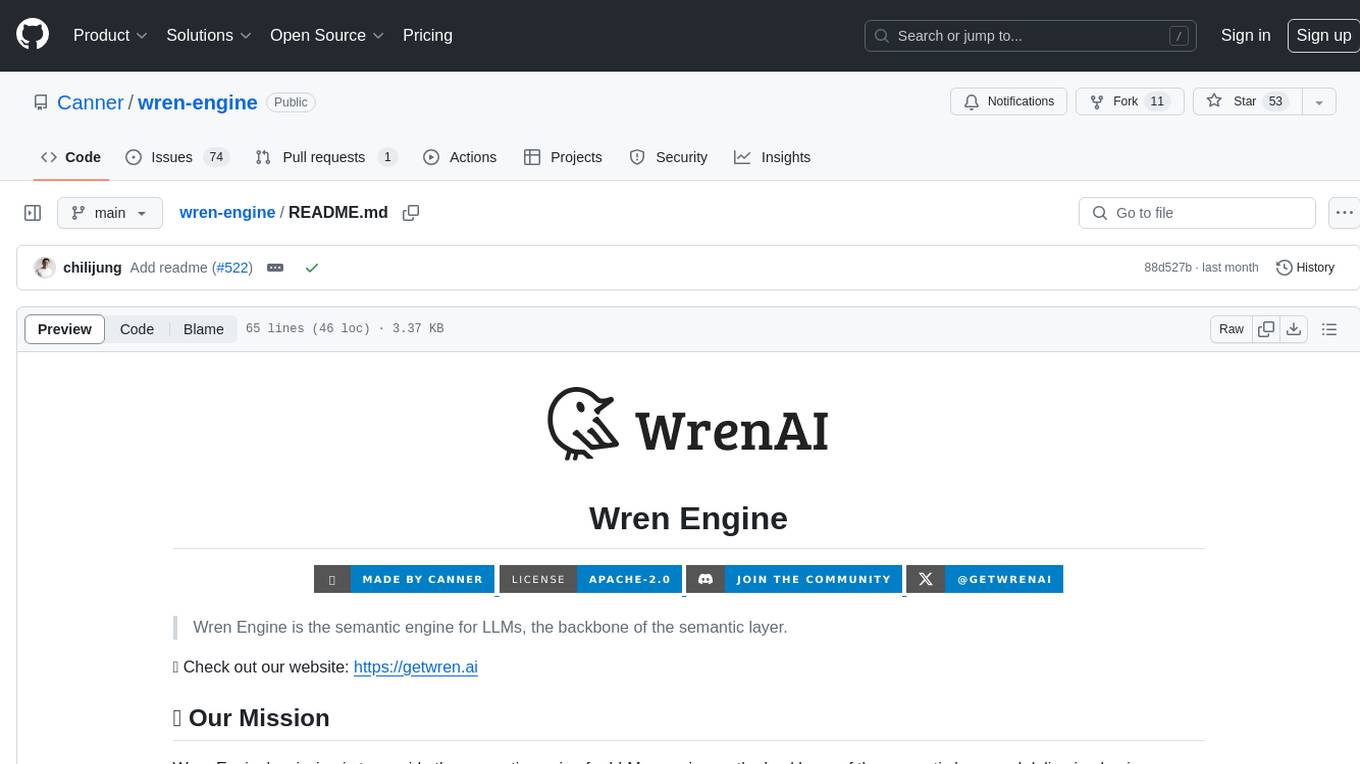
wren-engine
Wren Engine is a semantic engine designed to serve as the backbone of the semantic layer for LLMs. It simplifies the user experience by translating complex data structures into a business-friendly format, enabling end-users to interact with data using familiar terminology. The engine powers the semantic layer with advanced capabilities to define and manage modeling definitions, metadata, schema, data relationships, and logic behind calculations and aggregations through an analytics-as-code design approach. By leveraging Wren Engine, organizations can ensure a developer-friendly semantic layer that reflects nuanced data relationships and dynamics, facilitating more informed decision-making and strategic insights.
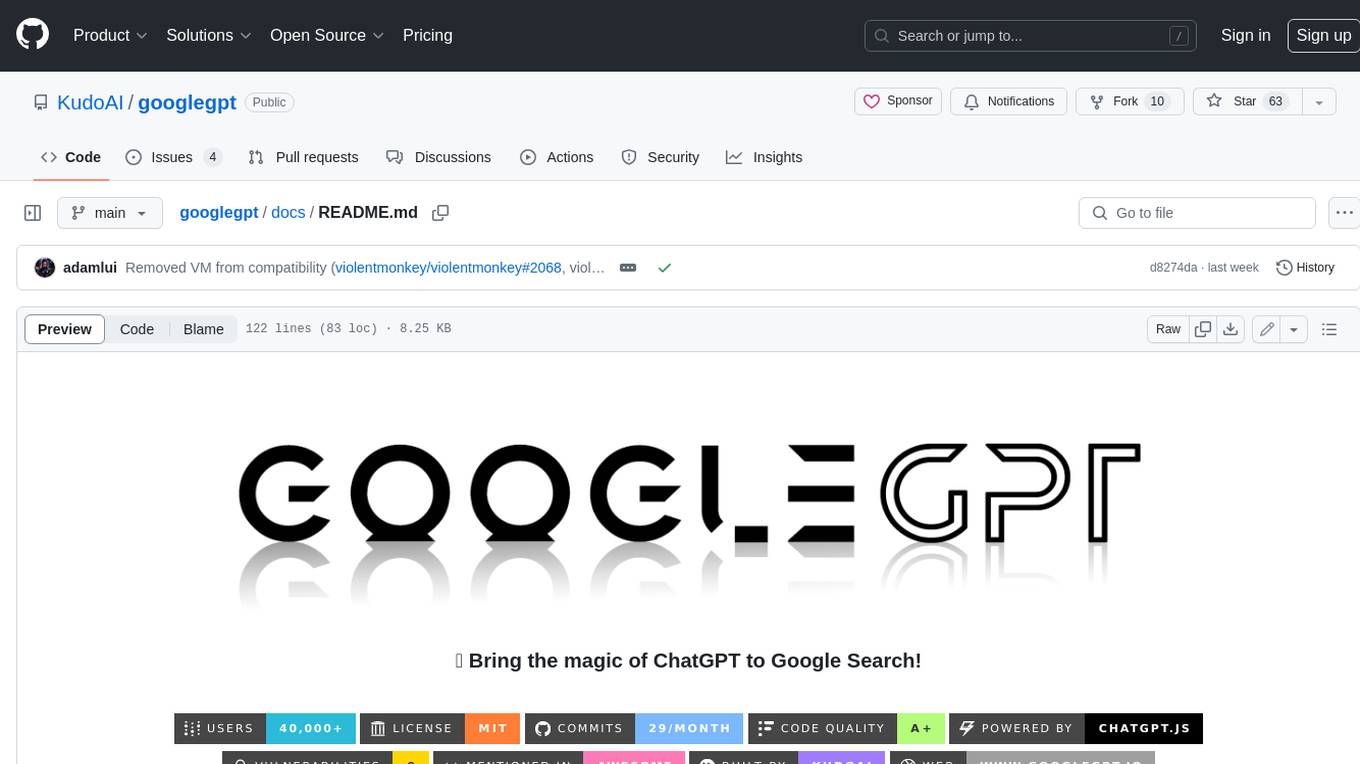
googlegpt
GoogleGPT is a browser extension that brings the power of ChatGPT to Google Search. With GoogleGPT, you can ask ChatGPT questions and get answers directly in your search results. You can also use GoogleGPT to generate text, translate languages, and more. GoogleGPT is compatible with all major browsers, including Chrome, Firefox, Edge, and Safari.
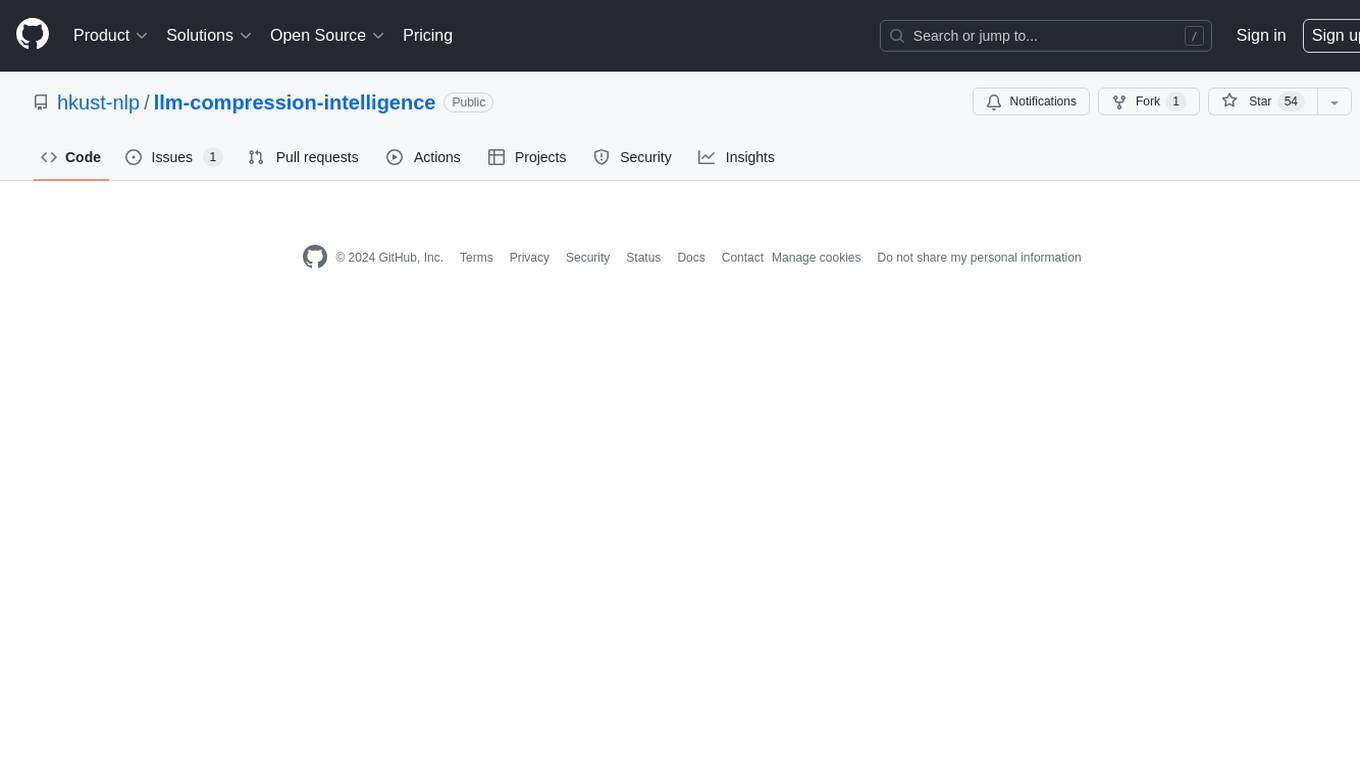
llm-compression-intelligence
This repository presents the findings of the paper "Compression Represents Intelligence Linearly". The study reveals a strong linear correlation between the intelligence of LLMs, as measured by benchmark scores, and their ability to compress external text corpora. Compression efficiency, derived from raw text corpora, serves as a reliable evaluation metric that is linearly associated with model capabilities. The repository includes the compression corpora used in the paper, code for computing compression efficiency, and data collection and processing pipelines.
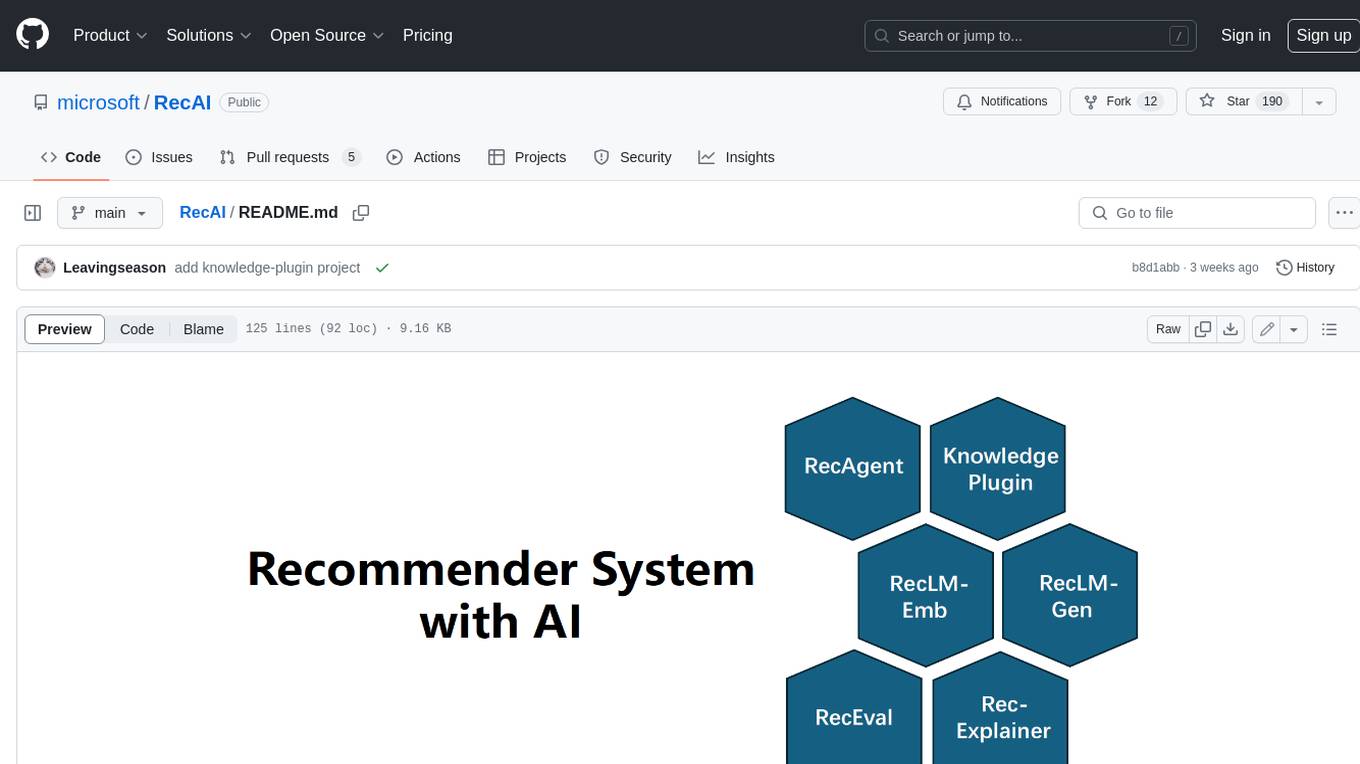
RecAI
RecAI is a project that explores the integration of Large Language Models (LLMs) into recommender systems, addressing the challenges of interactivity, explainability, and controllability. It aims to bridge the gap between general-purpose LLMs and domain-specific recommender systems, providing a holistic perspective on the practical requirements of LLM4Rec. The project investigates various techniques, including Recommender AI agents, selective knowledge injection, fine-tuning language models, evaluation, and LLMs as model explainers, to create more sophisticated, interactive, and user-centric recommender systems.
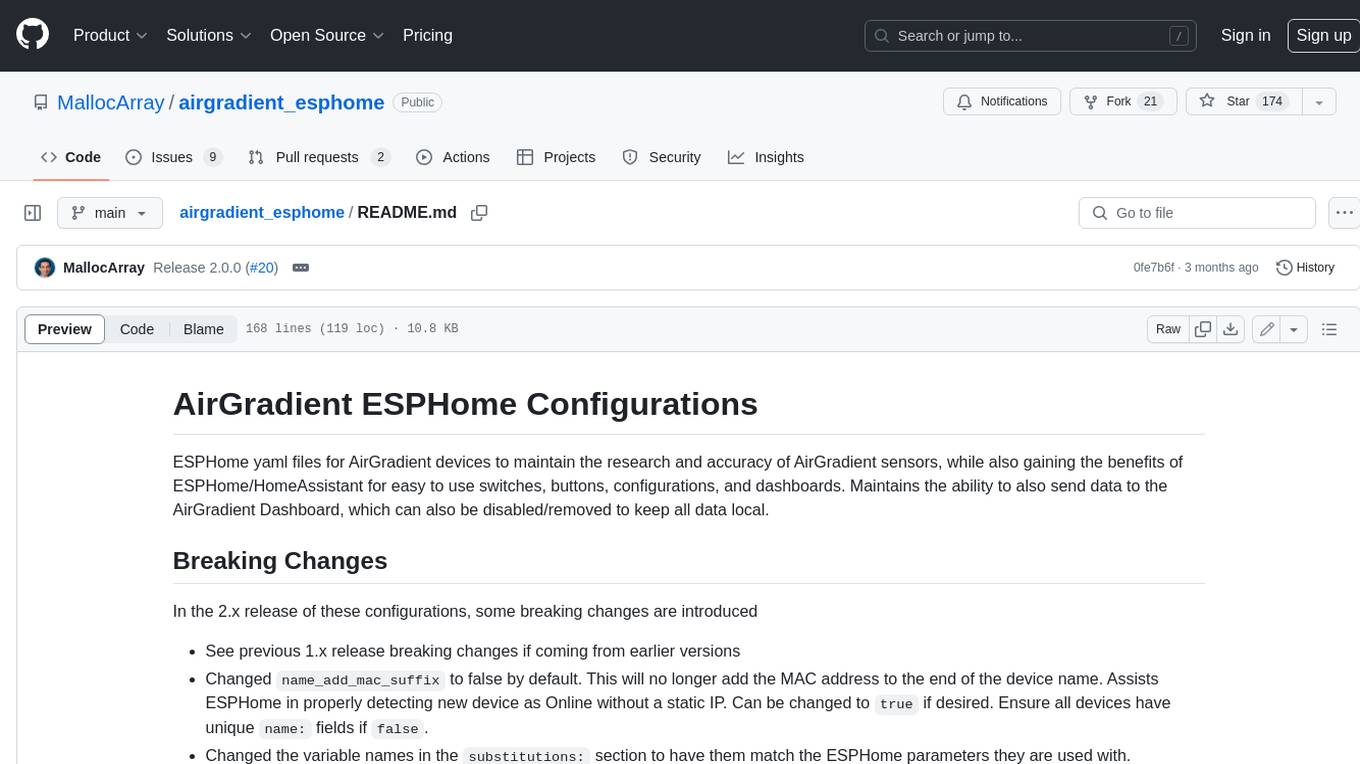
airgradient_esphome
ESPHome yaml files for AirGradient devices to maintain the research and accuracy of AirGradient sensors, while also gaining the benefits of ESPHome/HomeAssistant for easy to use switches, buttons, configurations, and dashboards. Maintains the ability to also send data to the AirGradient Dashboard, which can also be disabled/removed to keep all data local.
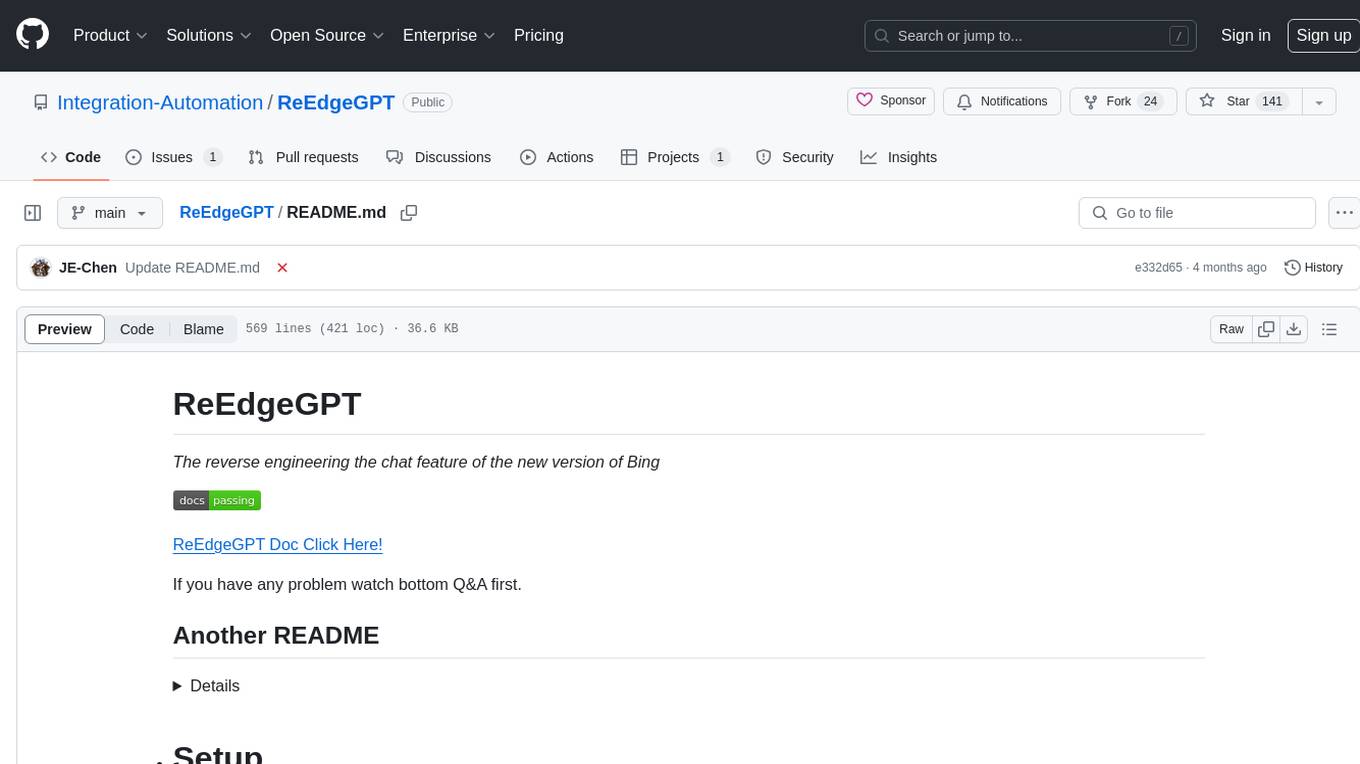
ReEdgeGPT
ReEdgeGPT is a tool designed for reverse engineering the chat feature of the new version of Bing. It provides documentation and guidance on how to collect and use cookies to access the chat feature. The tool allows users to create a chatbot using the collected cookies and interact with the Bing GPT chatbot. It also offers support for different modes like Copilot and Bing, along with plugins for various tasks. The tool covers historical information about Rome, the Lazio region, and provides troubleshooting tips for common issues encountered while using the tool.
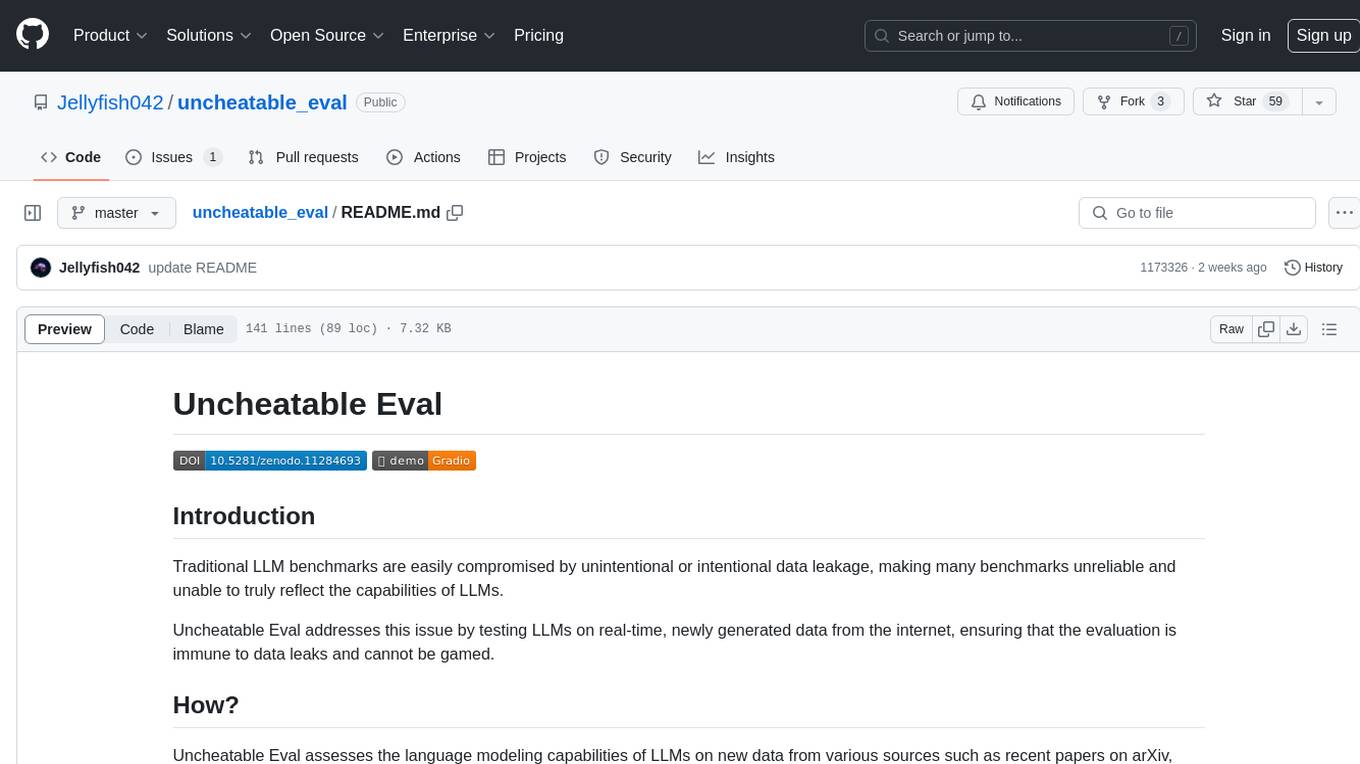
uncheatable_eval
Uncheatable Eval is a tool designed to assess the language modeling capabilities of LLMs on real-time, newly generated data from the internet. It aims to provide a reliable evaluation method that is immune to data leaks and cannot be gamed. The tool supports the evaluation of Hugging Face AutoModelForCausalLM models and RWKV models by calculating the sum of negative log probabilities on new texts from various sources such as recent papers on arXiv, new projects on GitHub, news articles, and more. Uncheatable Eval ensures that the evaluation data is not included in the training sets of publicly released models, thus offering a fair assessment of the models' performance.
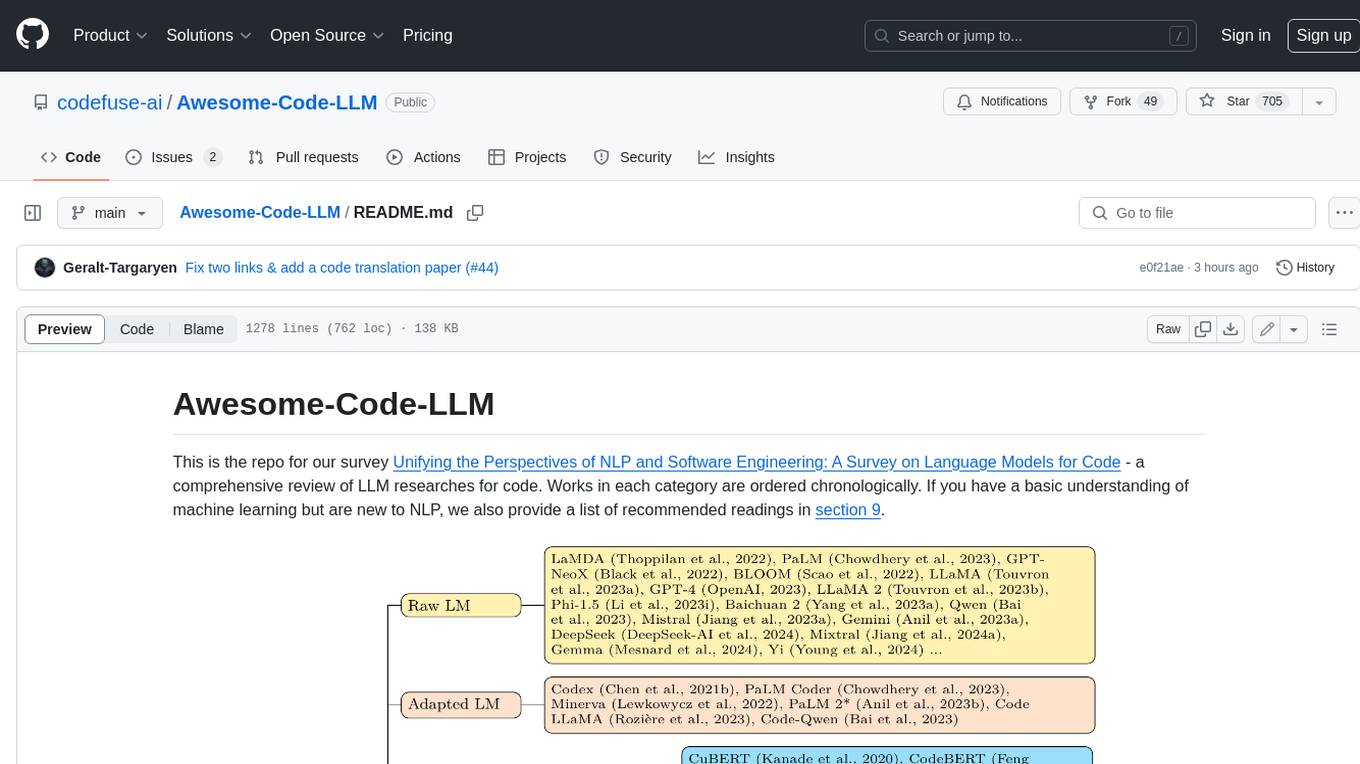
Awesome-Code-LLM
Analyze the following text from a github repository (name and readme text at end) . Then, generate a JSON object with the following keys and provide the corresponding information for each key, in lowercase letters: 'description' (detailed description of the repo, must be less than 400 words,Ensure that no line breaks and quotation marks.),'for_jobs' (List 5 jobs suitable for this tool,in lowercase letters), 'ai_keywords' (keywords of the tool,user may use those keyword to find the tool,in lowercase letters), 'for_tasks' (list of 5 specific tasks user can use this tool to do,in lowercase letters), 'answer' (in english languages)
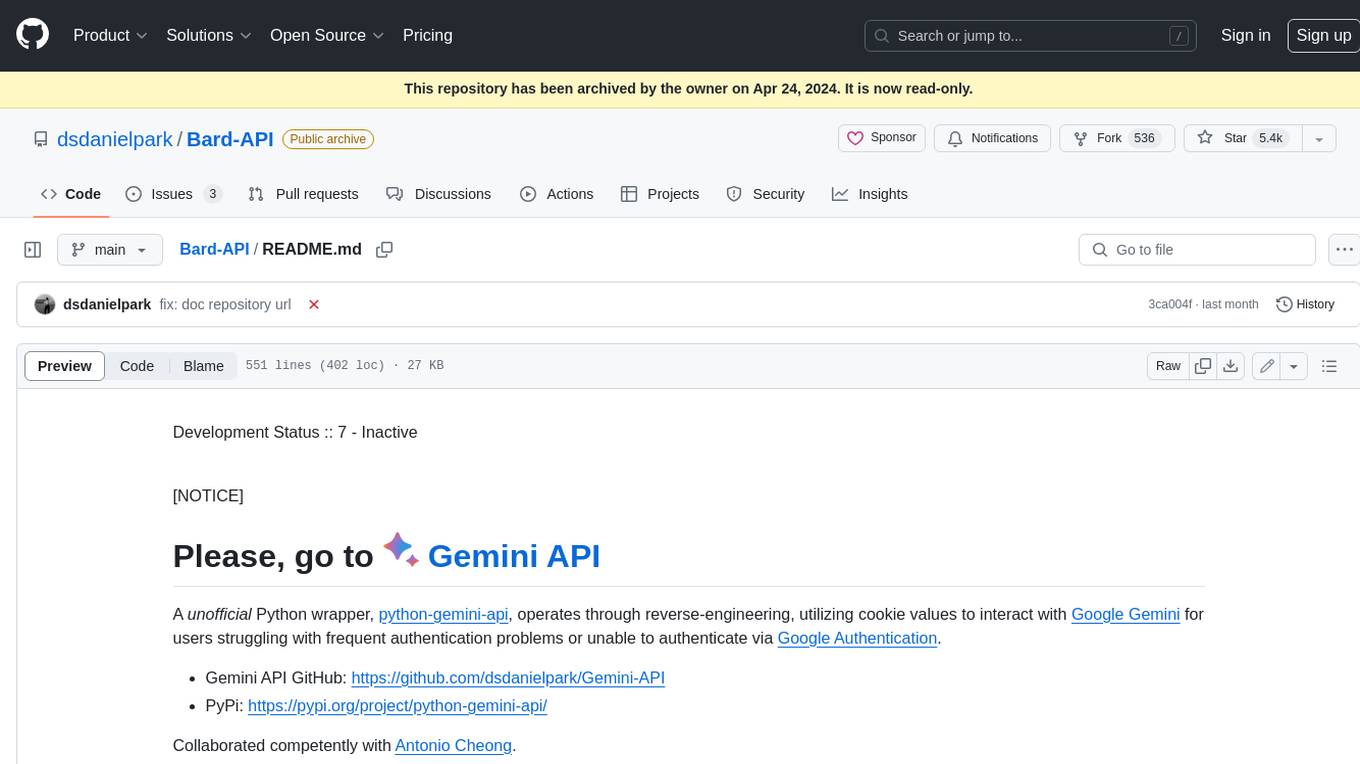
Bard-API
The Bard API is a Python package that returns responses from Google Bard through the value of a cookie. It is an unofficial API that operates through reverse-engineering, utilizing cookie values to interact with Google Bard for users struggling with frequent authentication problems or unable to authenticate via Google Authentication. The Bard API is not a free service, but rather a tool provided to assist developers with testing certain functionalities due to the delayed development and release of Google Bard's API. It has been designed with a lightweight structure that can easily adapt to the emergence of an official API. Therefore, using it for any other purposes is strongly discouraged. If you have access to a reliable official PaLM-2 API or Google Generative AI API, replace the provided response with the corresponding official code. Check out https://github.com/dsdanielpark/Bard-API/issues/262.
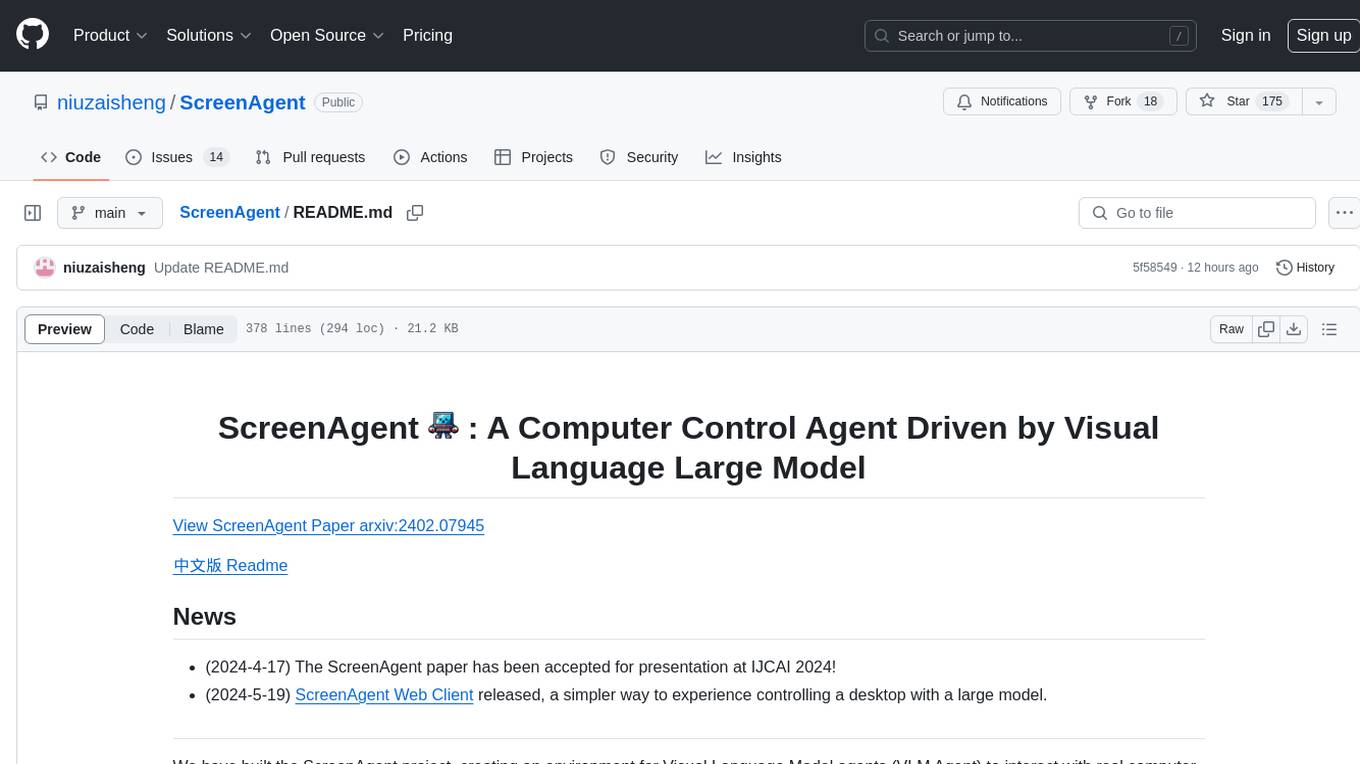
ScreenAgent
ScreenAgent is a project focused on creating an environment for Visual Language Model agents (VLM Agent) to interact with real computer screens. The project includes designing an automatic control process for agents to interact with the environment and complete multi-step tasks. It also involves building the ScreenAgent dataset, which collects screenshots and action sequences for various daily computer tasks. The project provides a controller client code, configuration files, and model training code to enable users to control a desktop with a large model.
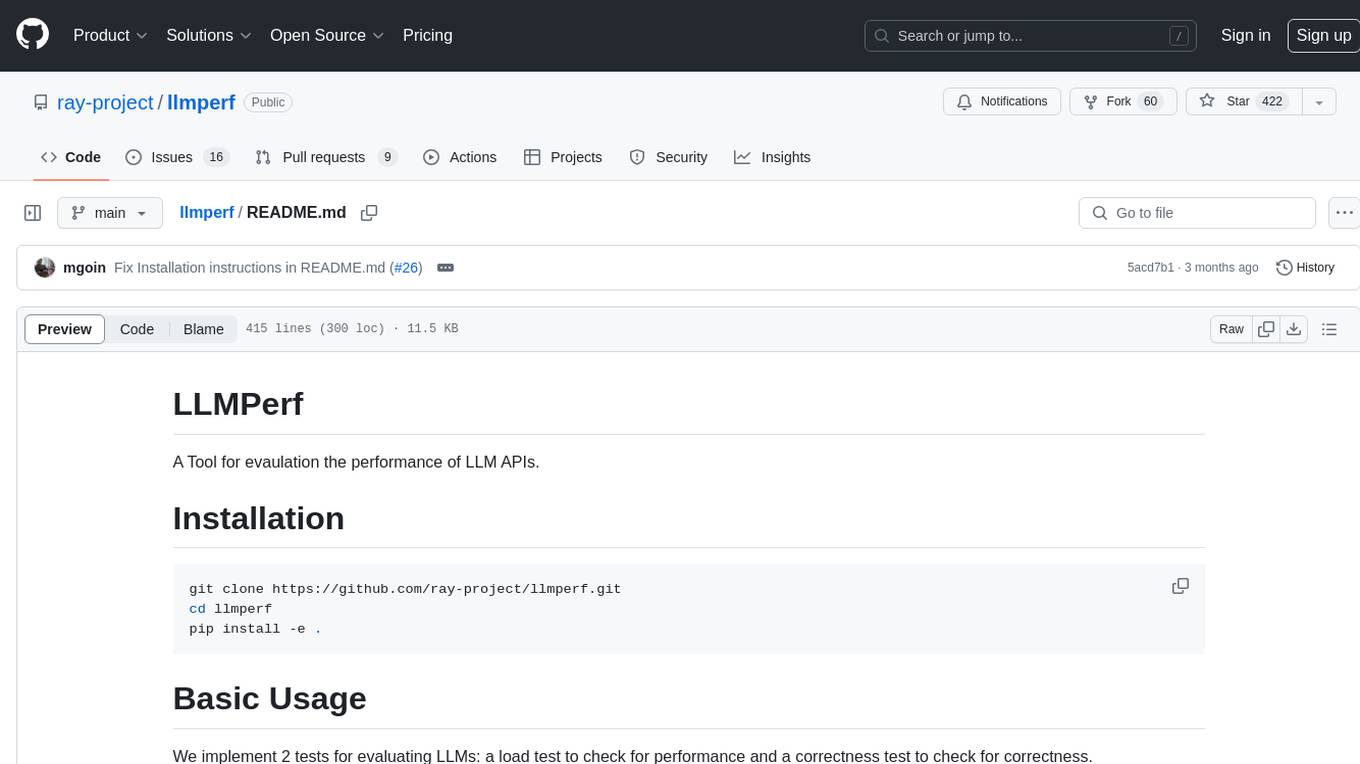
llmperf
LLMPerf is a tool designed for evaluating the performance of Language Model APIs. It provides functionalities for conducting load tests to measure inter-token latency and generation throughput, as well as correctness tests to verify the responses. The tool supports various LLM APIs including OpenAI, Anthropic, TogetherAI, Hugging Face, LiteLLM, Vertex AI, and SageMaker. Users can set different parameters for the tests and analyze the results to assess the performance of the LLM APIs. LLMPerf aims to standardize prompts across different APIs and provide consistent evaluation metrics for comparison.
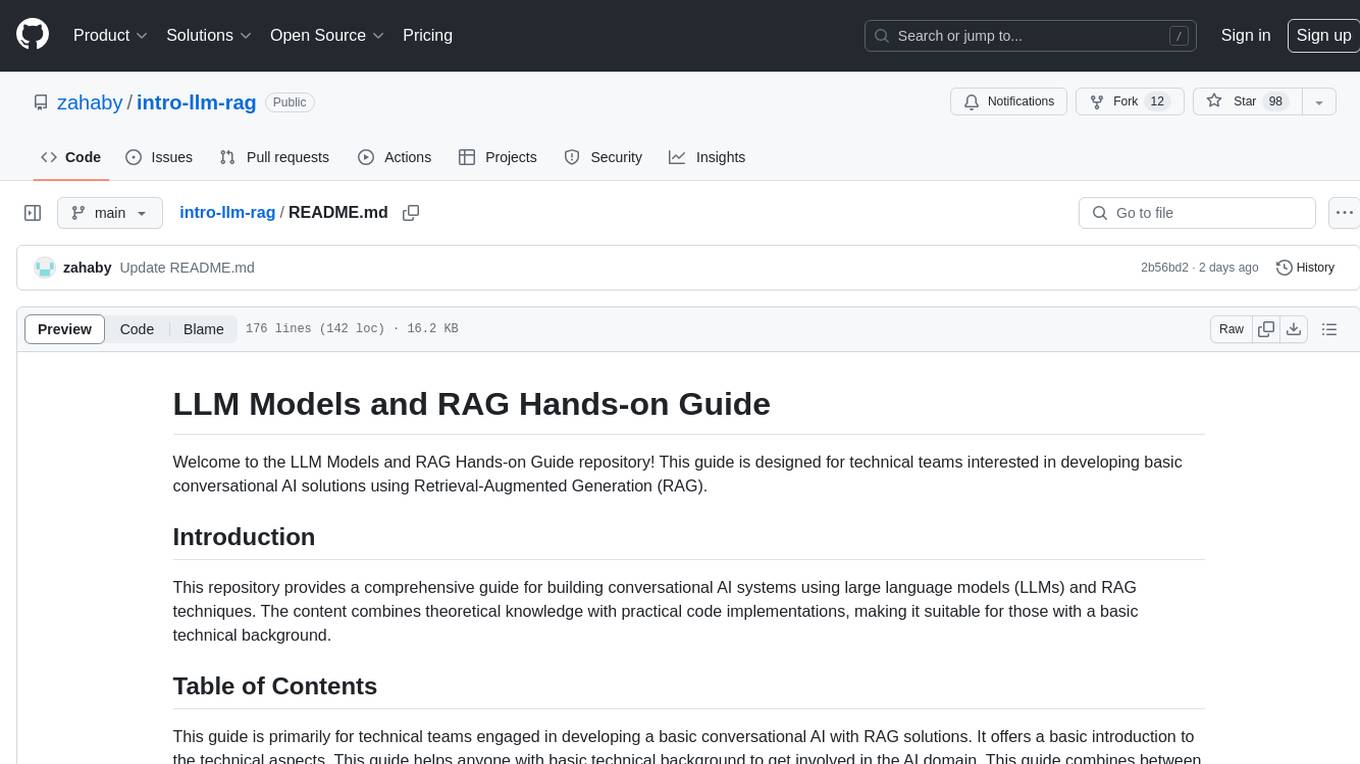
intro-llm-rag
This repository serves as a comprehensive guide for technical teams interested in developing conversational AI solutions using Retrieval-Augmented Generation (RAG) techniques. It covers theoretical knowledge and practical code implementations, making it suitable for individuals with a basic technical background. The content includes information on large language models (LLMs), transformers, prompt engineering, embeddings, vector stores, and various other key concepts related to conversational AI. The repository also provides hands-on examples for two different use cases, along with implementation details and performance analysis.
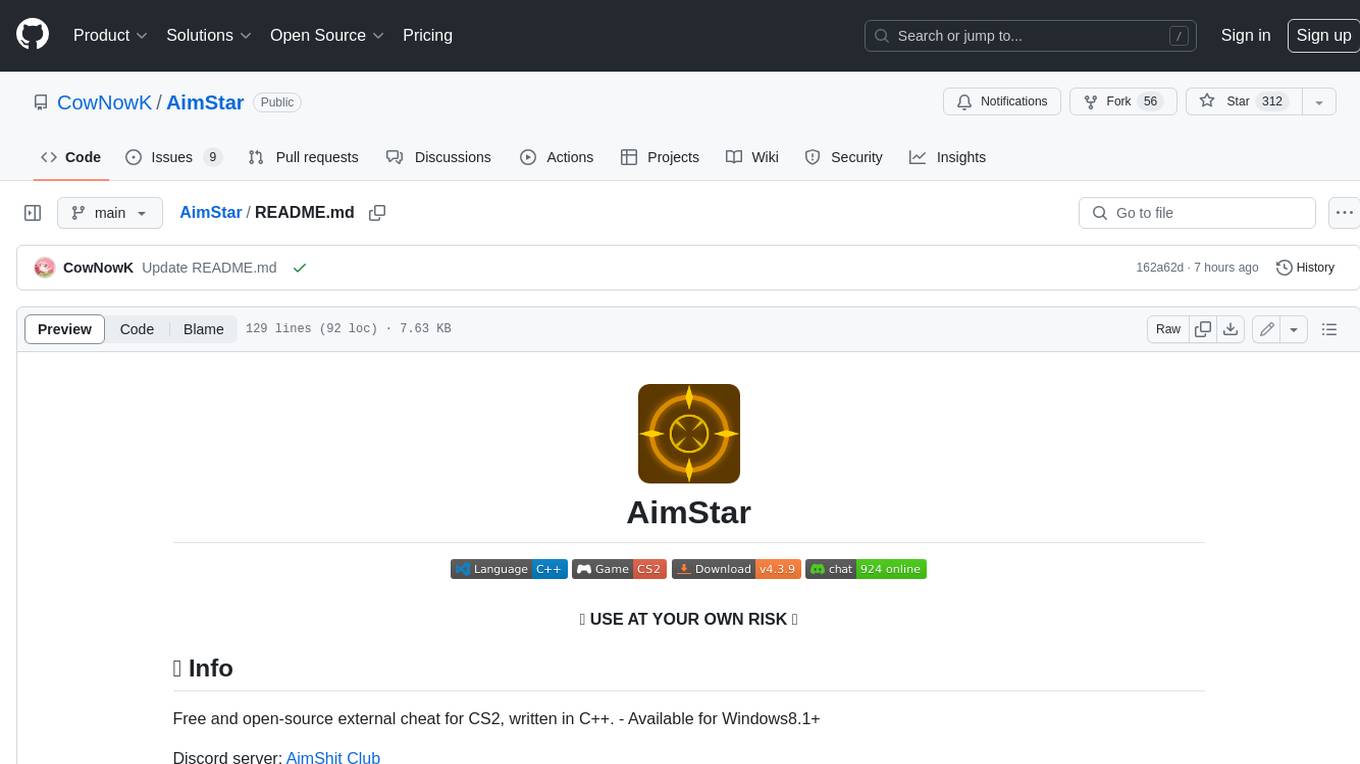
AimStar
AimStar is a free and open-source external cheat for CS2, written in C++. It is available for Windows 8.1+ and features ESP, glow, radar, crosshairs, no flash, bhop, aimbot, triggerbot, language settings, hit sound, and bomb timer. The code is mostly contributed by users and may be messy. The project is for learning purposes only and should not be used for illegal activities.
20 - OpenAI Gpts
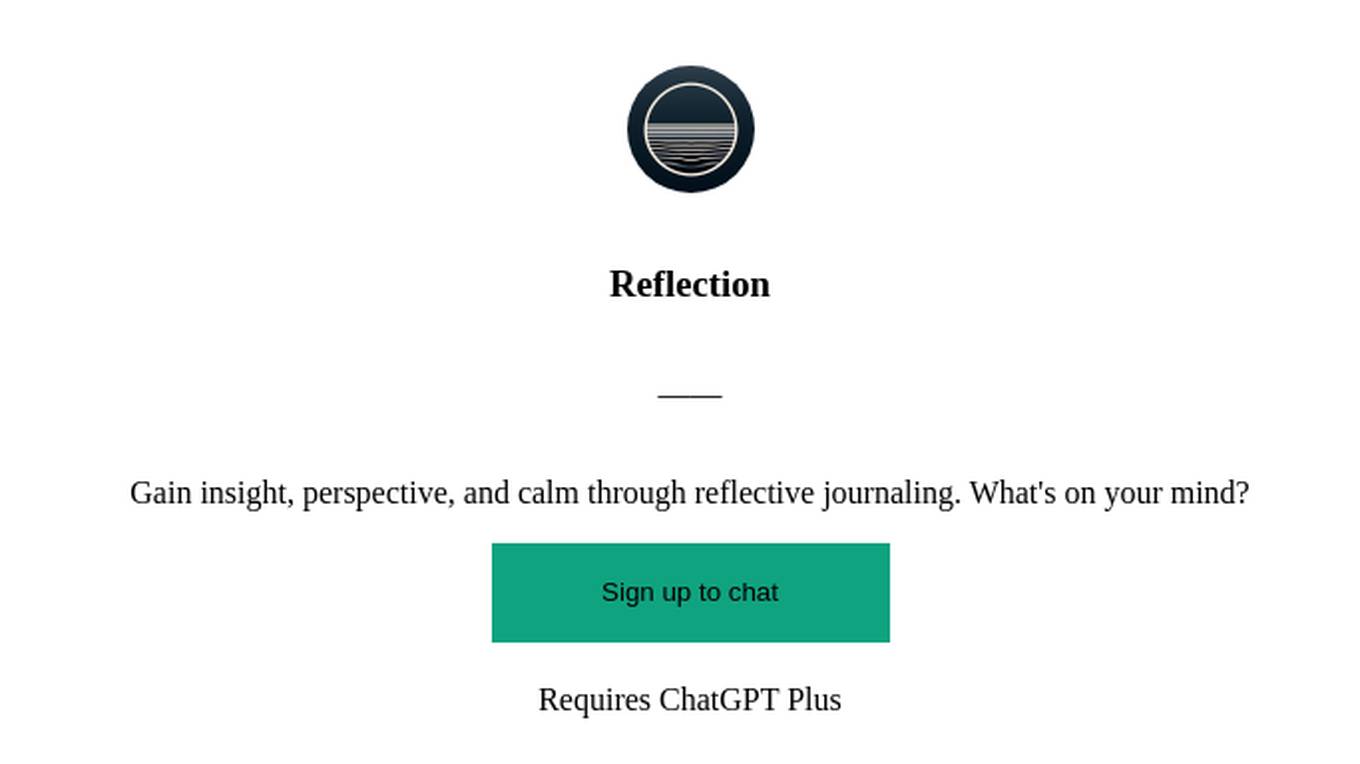
Reflection
Gain insight, perspective, and calm through reflective journaling. What's on your mind?
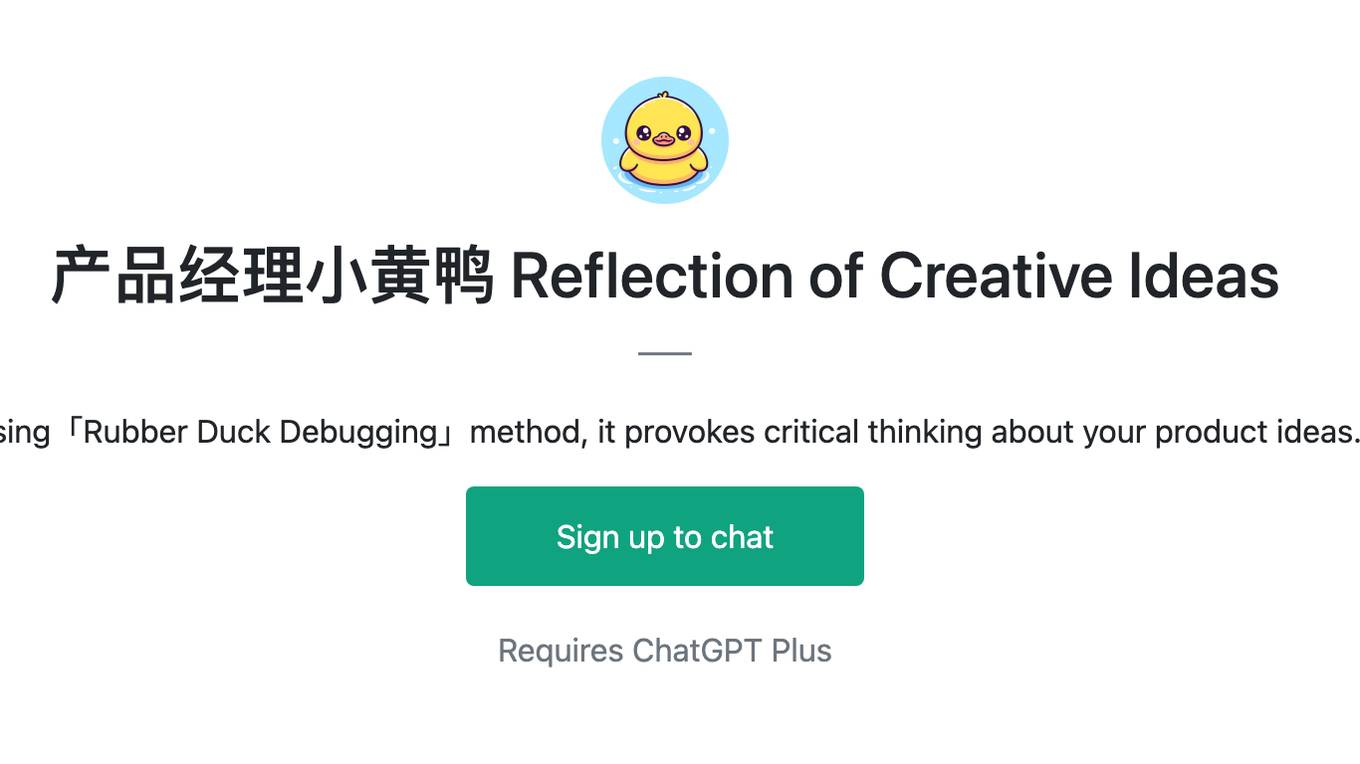
产品经理小黄鸭 Reflection of Creative Ideas
Using「Rubber Duck Debugging」method, it provokes critical thinking about your product ideas.
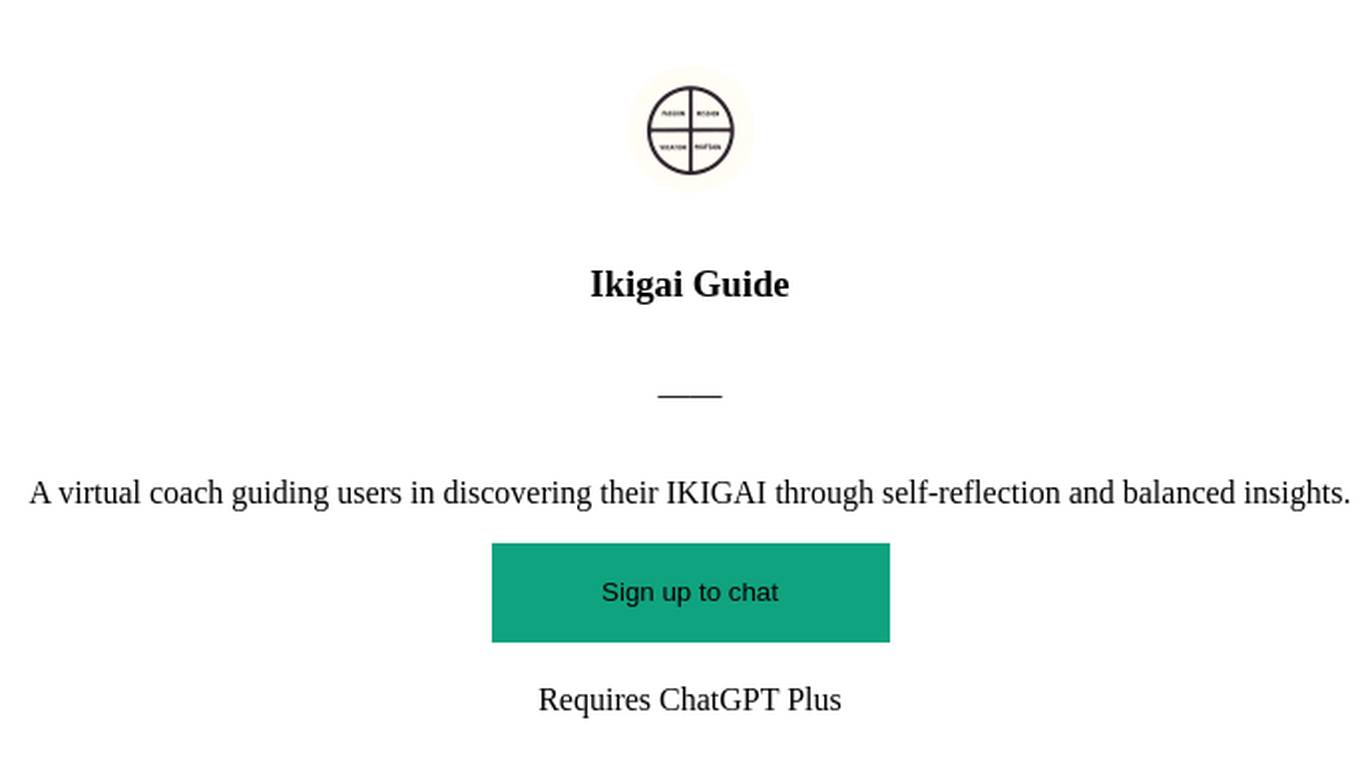
Ikigai Guide
A virtual coach guiding users in discovering their IKIGAI through self-reflection and balanced insights.
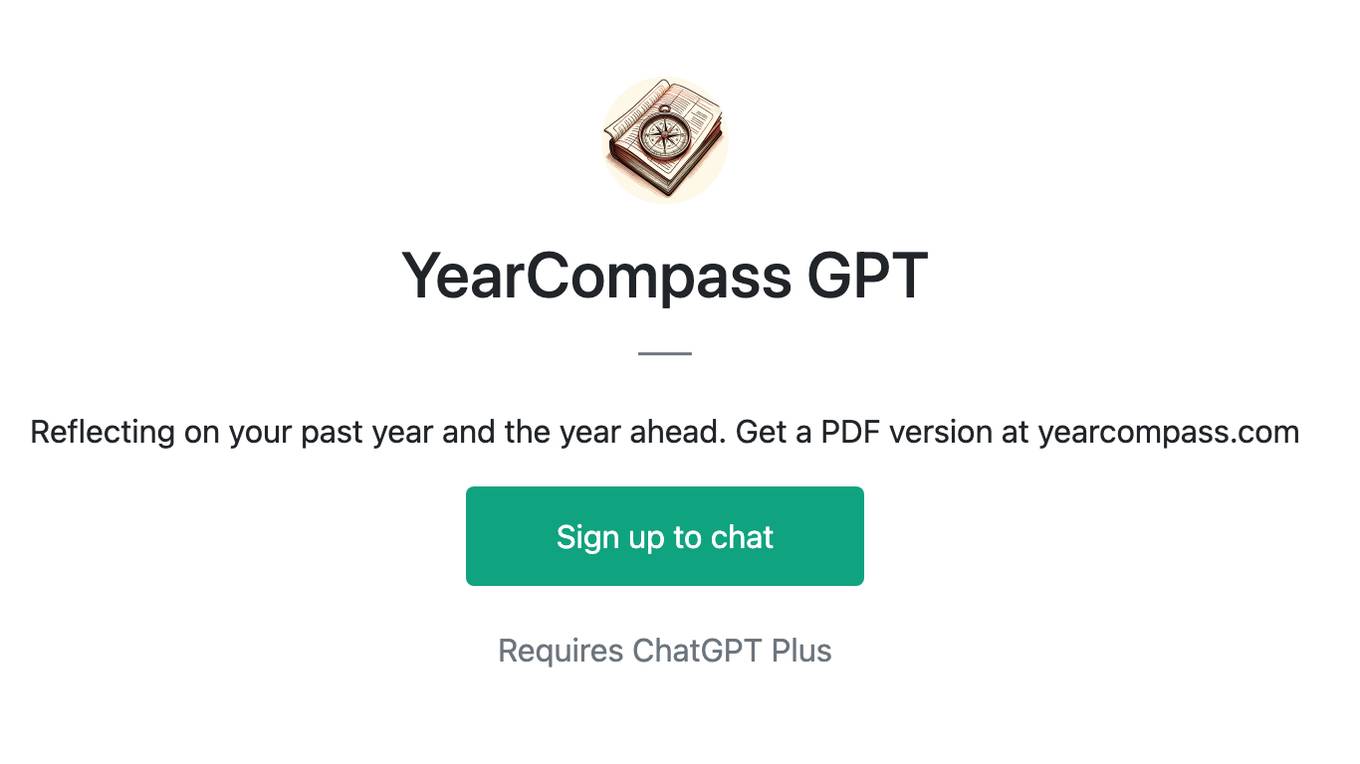
YearCompass GPT
Reflecting on your past year and the year ahead. Get a PDF version at yearcompass.com
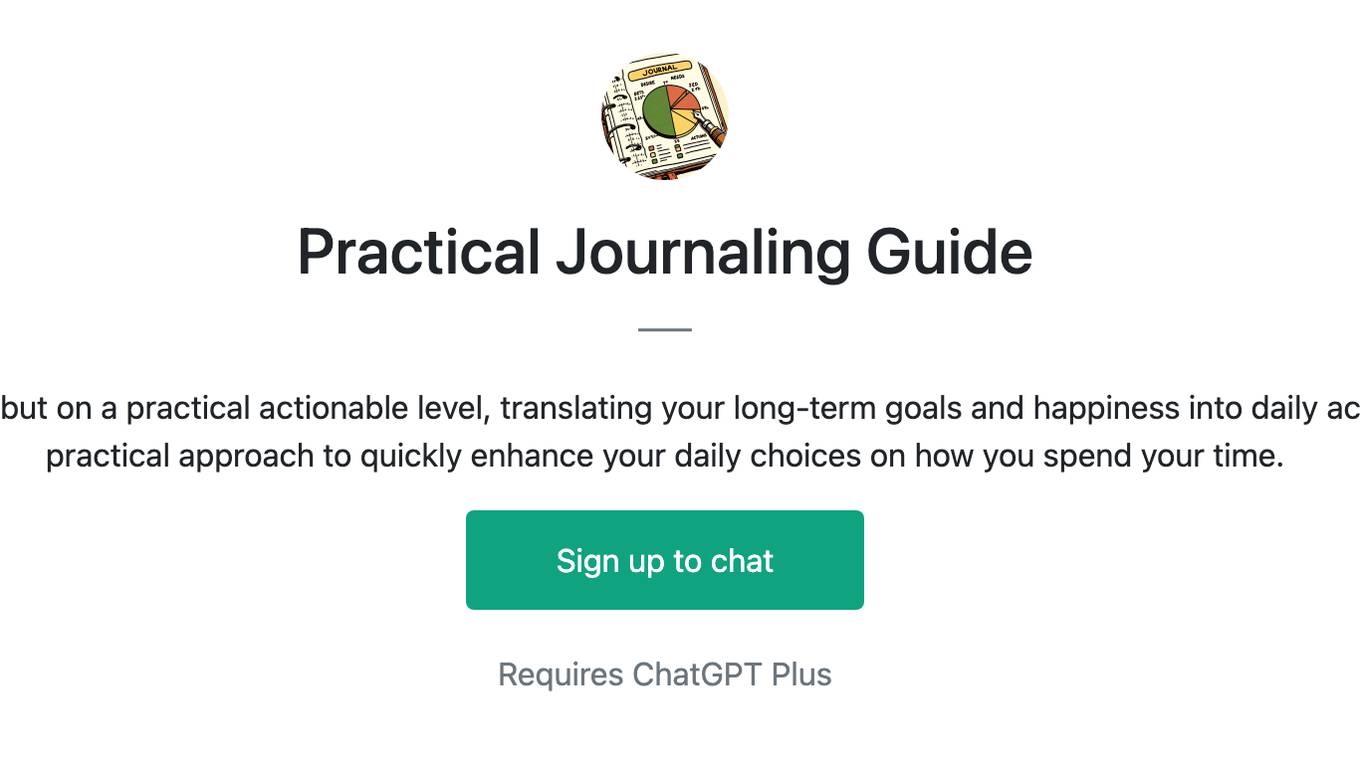
Practical Journaling Guide
Reflective journaling and time management, but on a practical actionable level, translating your long-term goals and happiness into daily actionable changes. No theoretical stuff, just practical approach to quickly enhance your daily choices on how you spend your time.
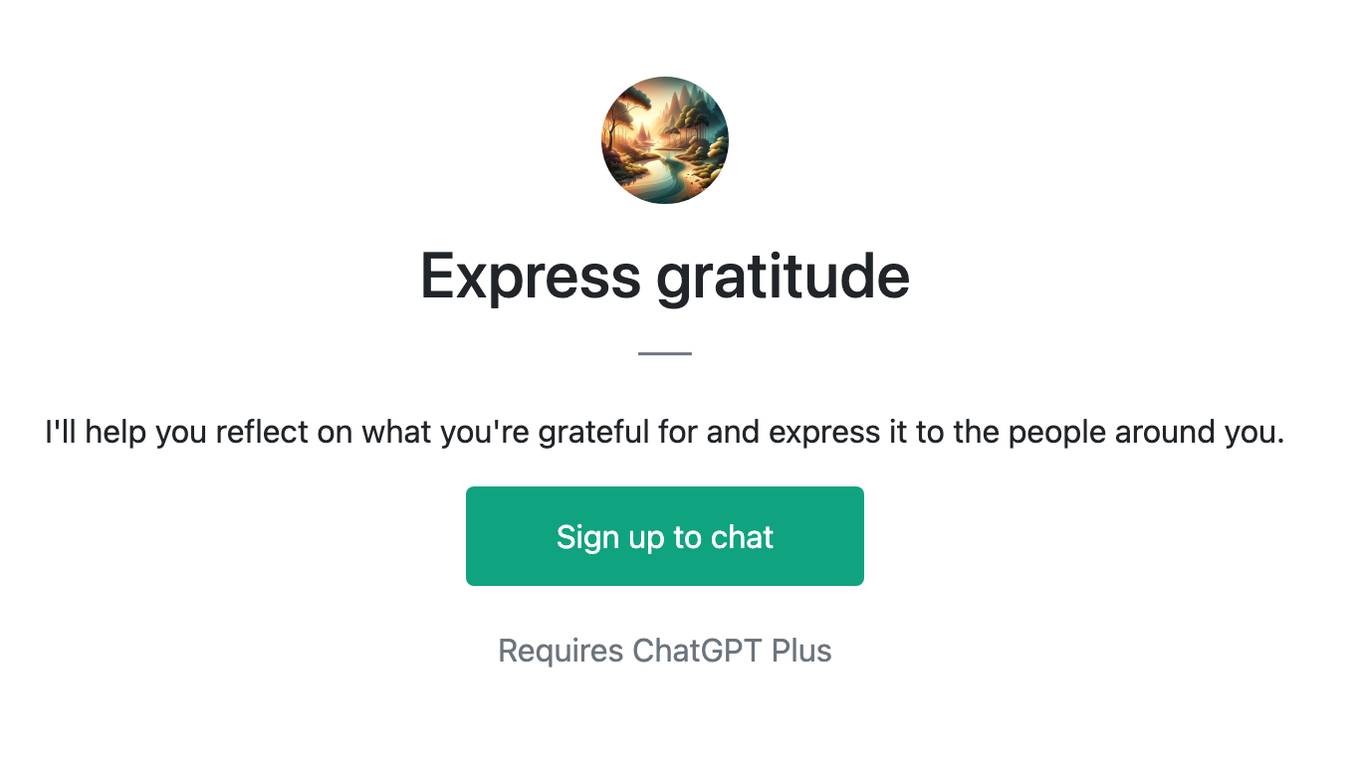
Express gratitude
I'll help you reflect on what you're grateful for and express it to the people around you.
